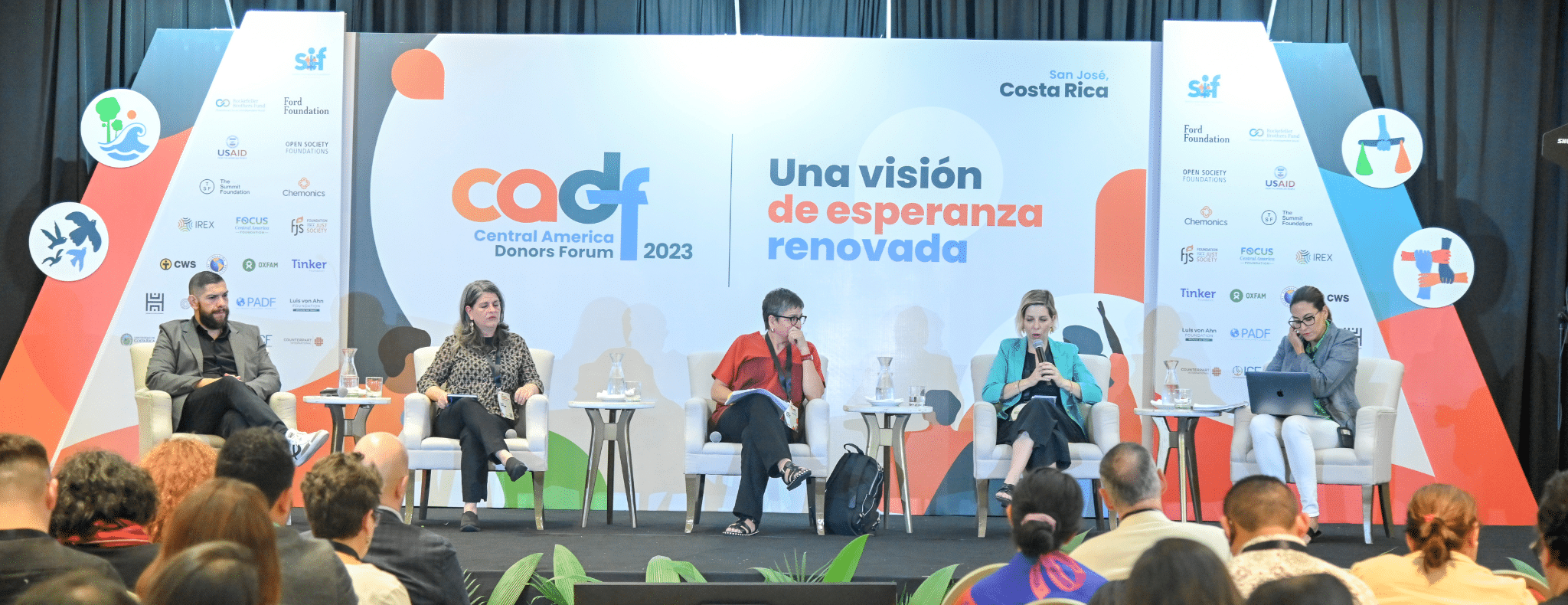
CADF 2023 Wrap-up Report
Highlights from the 2023 Central America Donors Forum in San José, Costa Rica
Between September 25-27 in San José, Costa Rica, nearly 700 leaders from civil society, philanthropy, government and business participated in the 2023 Central America Donors Forum (CADF)—the event’s largest convening to date!
With attendees from over 475 organizations and 24 countries, participants joined in over 60 sessions to promote development, justice and equity in Central America.
Below, we invite you to check out a variety of CADF 2023 highlights, including session summaries, videos, data points, press coverage, photos and much more.
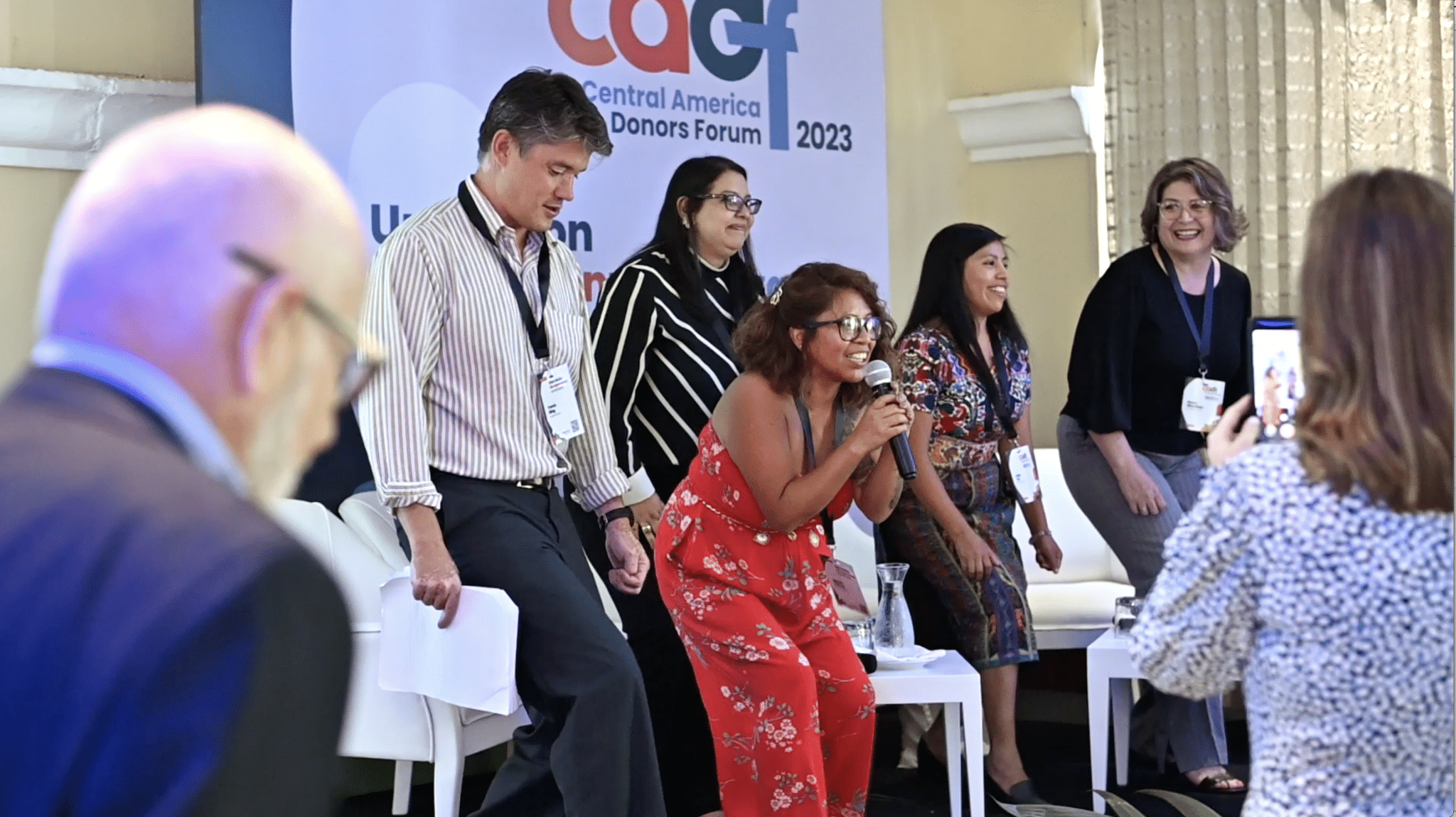

Over 3 days, 180 speakers discussed and analyzed the most pressing topics facing Central America today, including civic spaces, human rights, environmental justice, independent journalism, migration, education, equity and so much more.
Check out the CADF 2023 Rewind video to see key moments from our event in Costa Rica!
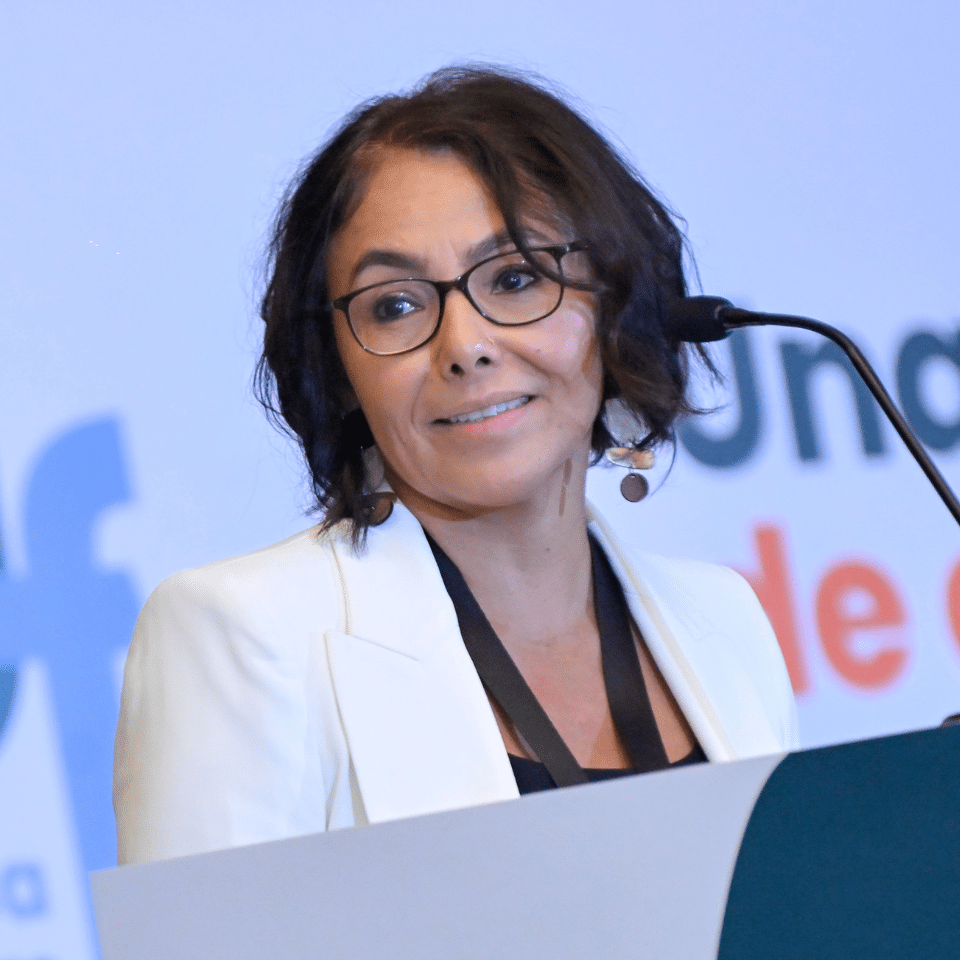
In the unique setting and context of Costa Rica, the 2023 Central America Donors Forum facilitated conversations to motivate, inspire and drive collective action in the region.
Over the course of 3 days, CADF 2023 gathered 692 leaders from 425 unique organizations. The CADF 2023 audience arrived from 24 countries and included 180 speakers.
Check out additional key metrics below.
This panel opened a conversation about the increase in (self) censorship and the (self) exile of dozens of journalists, independent justice operators and human rights defenders. Panelists analyzed the common pattern of authoritarianism in Central America, and the impact of denouncing and monitoring violations of human rights, corruption and impunity.
Through the experiences of exiled professionals, this session offered the international community a regional and multidisciplinary analysis using a gender focus to identify the needs and opportunities for support, as well as pathways for cooperation that contribute to the creation of improved outcomes for the freedom of expression and human rights.
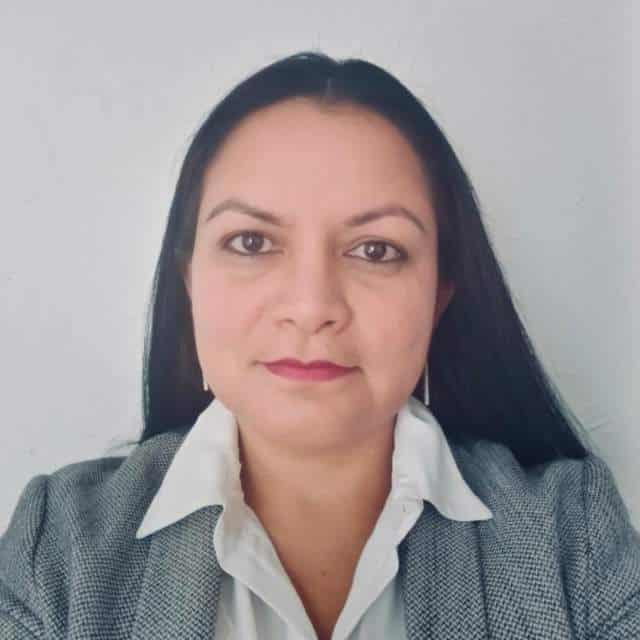
Amnesty International
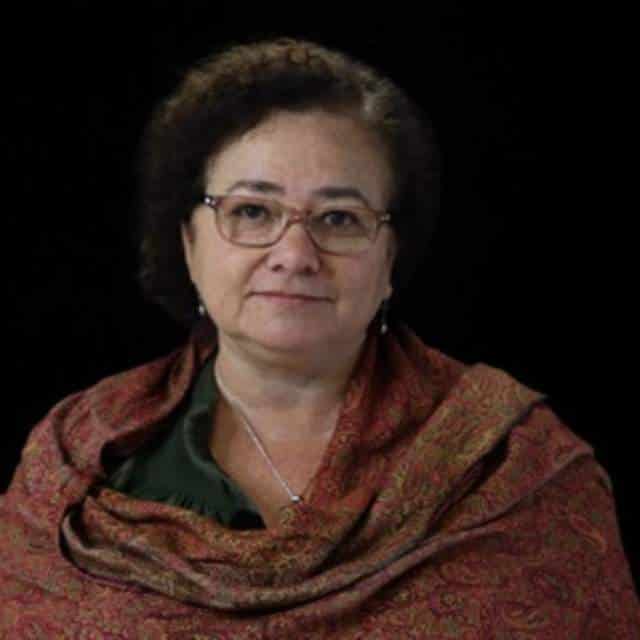
Center for Justice and International Law (CEJIL)
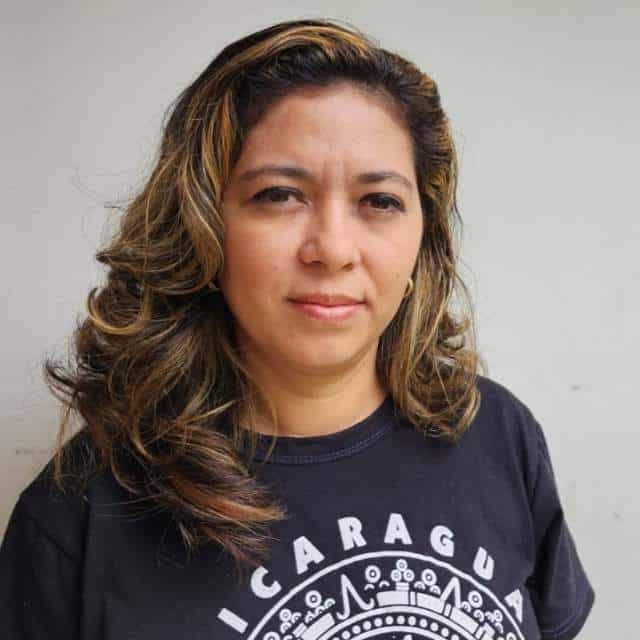
Human Rights Collective Nicaragua Nunca Again
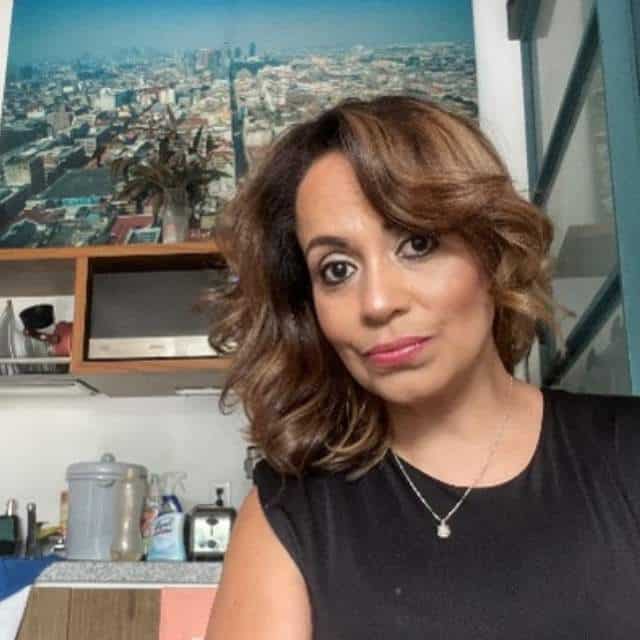
Former CICIG
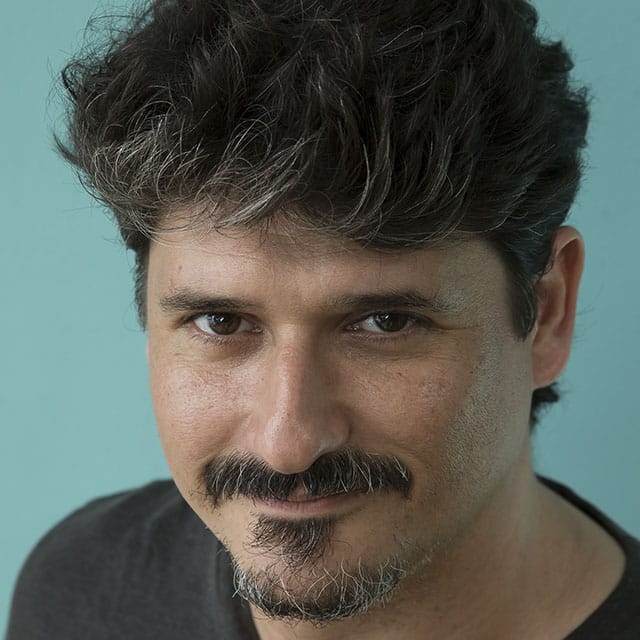
El Faro
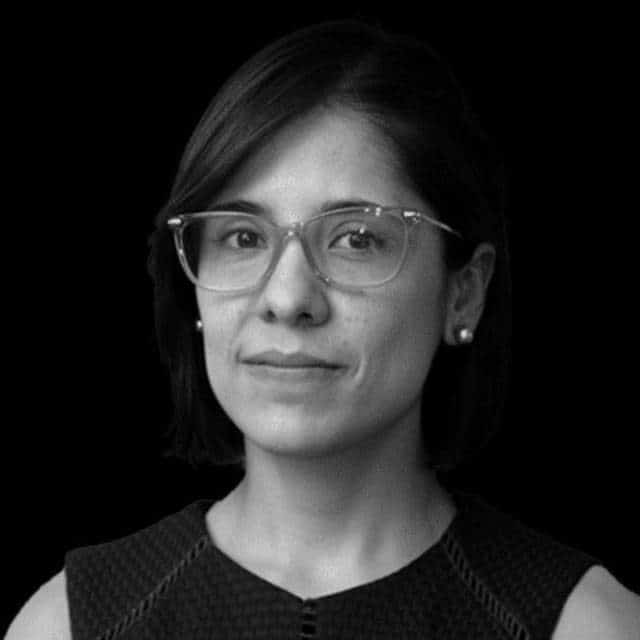
Washington Office on Latin America (WOLA)
"For human rights defenders in Nicaragua, the options are basically death, jail or exile."

"The judiciary branch, which should be a mechanism for the protection of human rights, has become a platform to attack journalists and human rights defenders."

"Yes, they have taken us out of our country, but the country in us remains. We still carry it with us. In this sense, they are persecuting the exiled."

"Unfortunately, as women we are the most vulnerable to these regimes, and we find it more difficult to go into exile."

"Although this region is facing an adverse situation, we know that sooner or later it will no longer be sustainable. Pathways to restore human rights and democratic values will open."
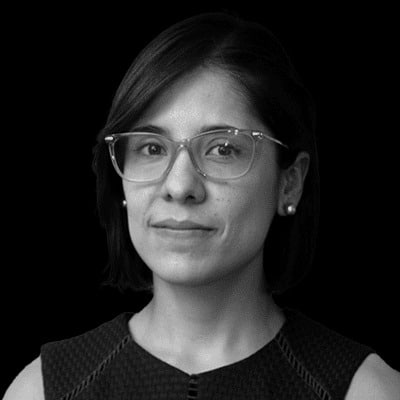
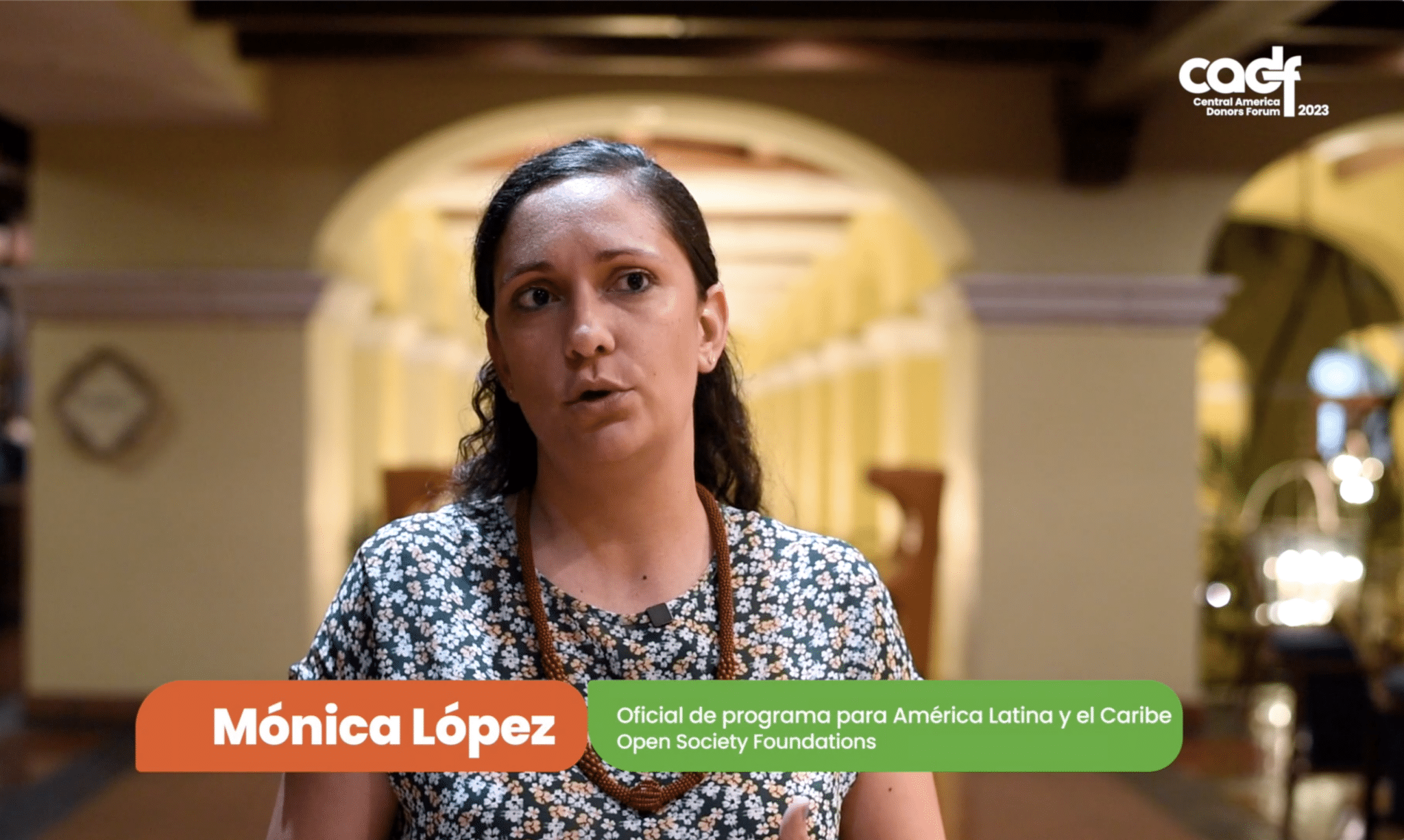

CADF 2023 is a “regional meeting place that allows organizations to construct strategies which confront authoritarianism and build the democracies we want,” said Mónica López, Program Officer for Latin America and the Caribbean at Open Society Foundations, at the close of the Forum in Costa Rica.
This breakfast gathering was open to CADF participants addressing educational inequity, whether funders, NGOs or advocates. In much of the region, educational access and quality, as well as attendance, continue to lag, with insufficient political will to “build back better” from the pandemic. This generational crisis has fallen hard on girls, Indigenous, Afro-descendant, rural and peri-urban students in particular, and it is linked to other issues like economic insecurity, migration, health, and violence. This space enabled participants to share their work, learning and ideas related to education.
Work groups emphasized that alliances can help address the current crisis. Advocacy with governments for greater investment and efforts to address gaps and blind spots, such as the socio-emotional and mental health needs of students, are critical. Small initiatives can lead to big change.
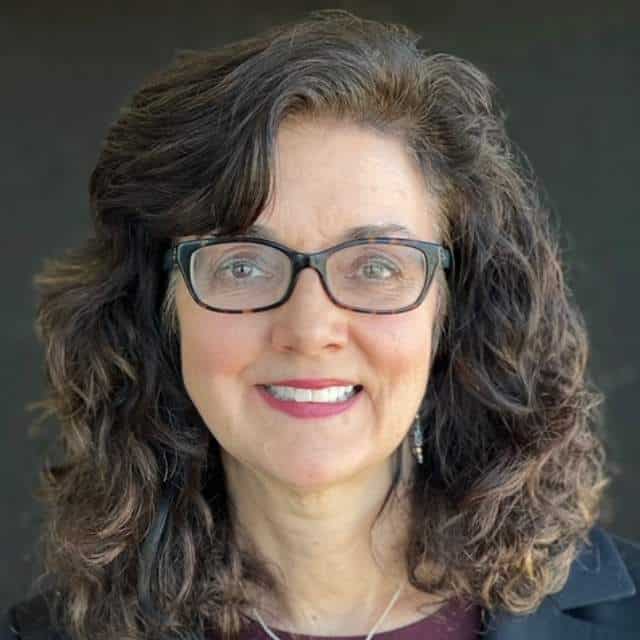
The Summit Foundation
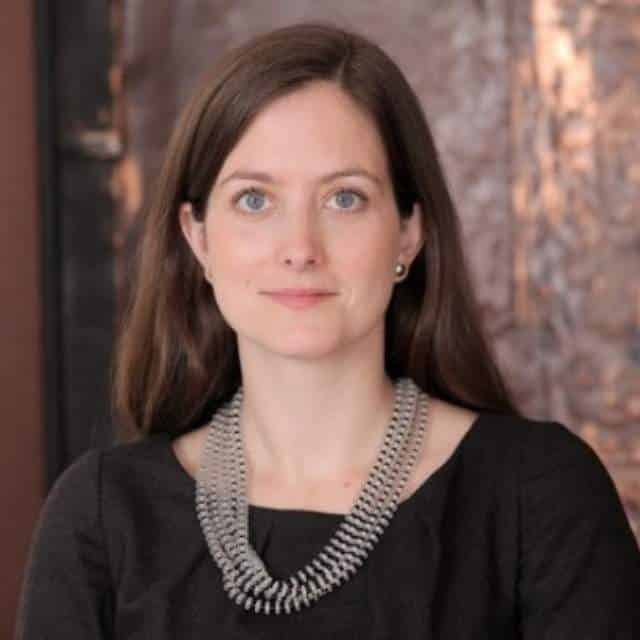
Tinker Foundation
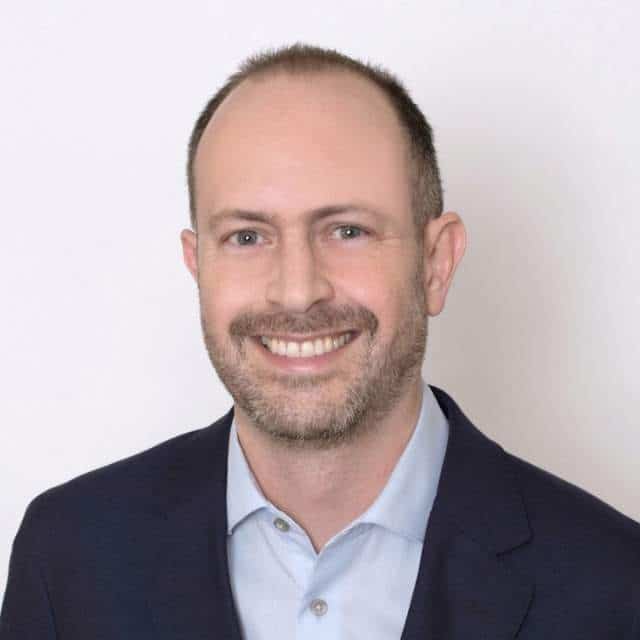
Tinker Foundation
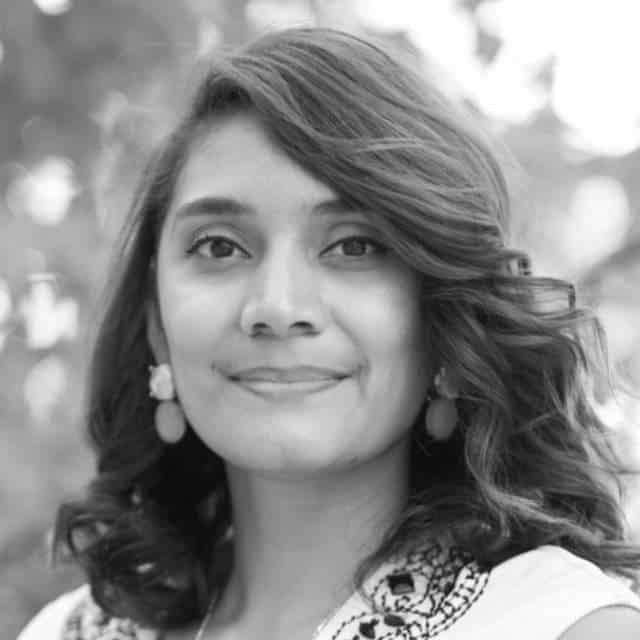
Global Fund for Children
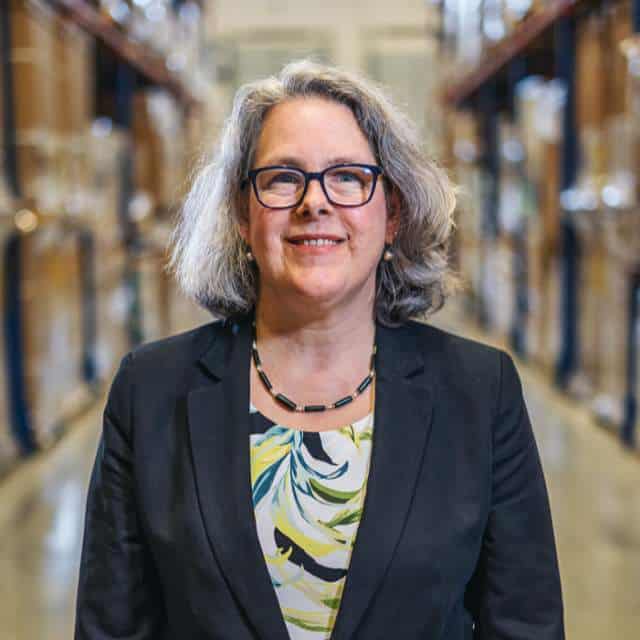
PriceSmart Foundation
The CADF 2023 Attendee page allows you to search most attendees by name, organization type, country, SDGs and more!
Use the link below to read up on attendee biographies, visit social media pages and begin broadening your network today.
Meet the CADF 2023 attendeesIn Central America, it is estimated that 73% of the population in some countries lives below the poverty line. These realities do not affect everyone equally, and speakers in this session highlighted various problems facing indigenous regions and rural areas where, when confronting threats from public and private institutions, people have been forced to abandon their territory due to climate disasters. Meanwhile, other challenges have also led to the expulsion from lands and forced migration.
To create a more equitable future, several strategic recommendations should be considered, such as valuing ancestral knowledge and the roots of indigenous peoples, working together with communities through their local leaders, and generating resources to strengthen sustainability and stability.
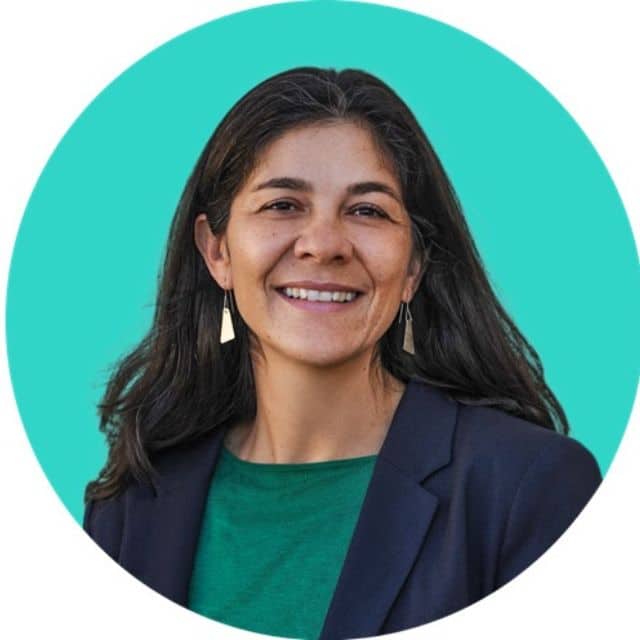
Hispanics in Philanthropy
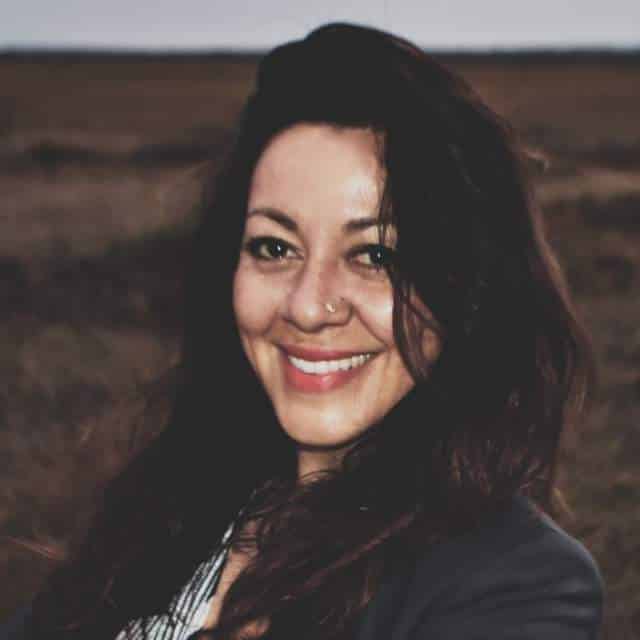
International Community Foundation
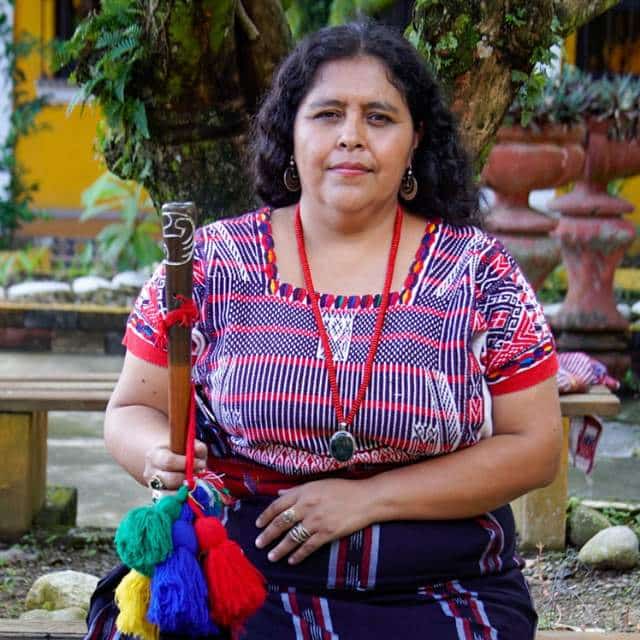
Indigenous Municipality of Palín, Guatemala
"Climate change affects us all, but not equally."

"An important strategy for success is equipping leaders to share tools, often for mental health, for their communities"

"We must take care of the youth in our communities and remind ourselves that we are part of those communities."

"Food is the product of the farmer—the farmer which remains invisible in the capitalist system."

"The strategies are to go back to the roots and values of our ancestors."

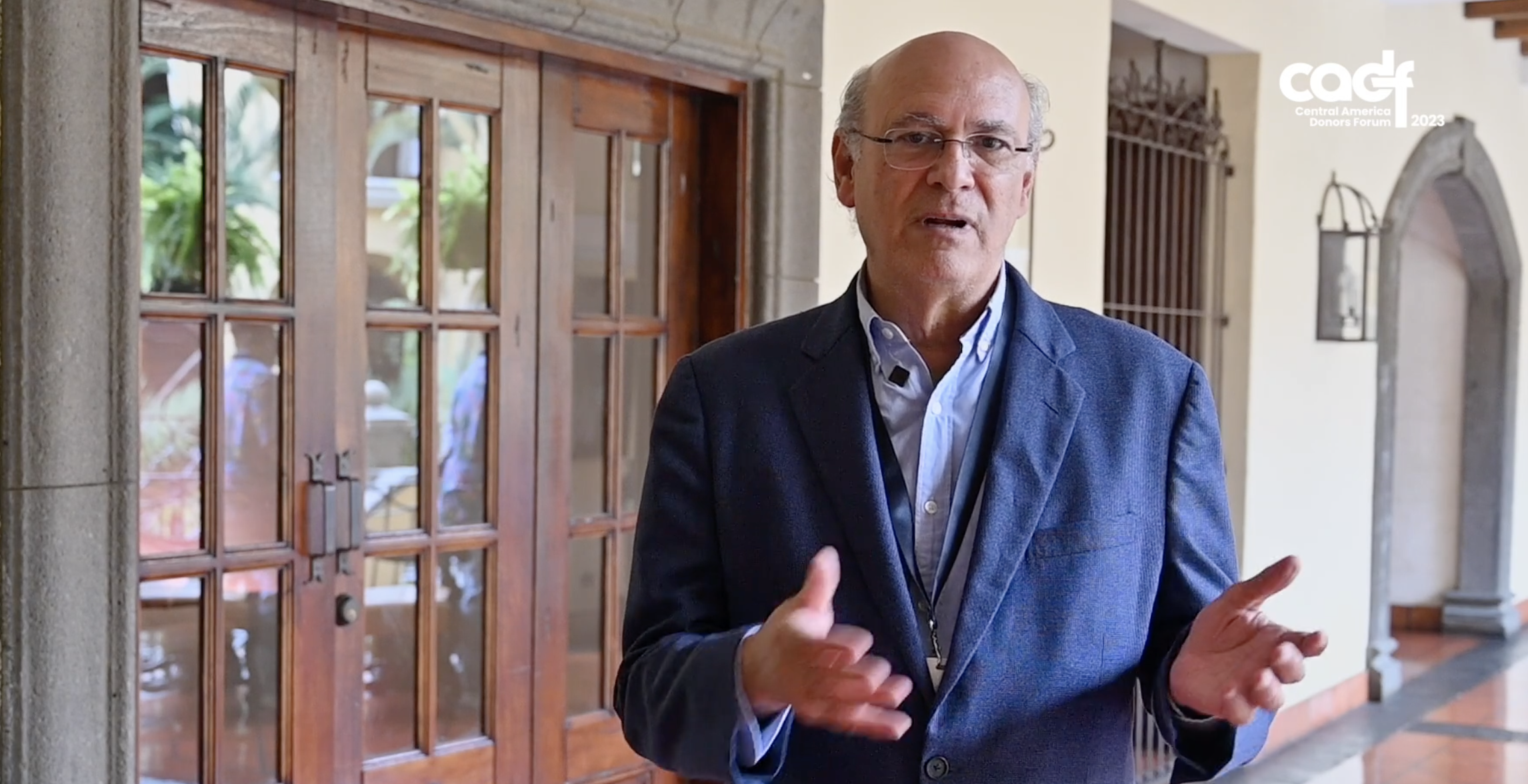

CADF 2023 featured multiple sessions about the crisis in Nicaragua. Journalists, civil society leaders and donors discussed Nicaraguan and Central American independent media in exile. “This has been a great opportunity to discuss the challenges ahead. We’re facing a medium-term crisis that requires an alignment in vision for how democratic actors should confront these issues,” said Carlos F. Chamorro, Founder and Director of Confidencial Nicaragua.
What does being an indigenous woman mean in Guatemalan society? This panel featured a conversation between five Guatemalan indigenous women who shared their paths, contributions, challenges and sources of inspiration in confronting unequal power relations and promoting leadership, which ultimately reduces inequality.
This session included a call to international agencies and civil society organizations to recognize that indigenous women can and do make positive contributions to economic, health, and the formative and political conditions, allowing for a greater level of personal, family and community development.
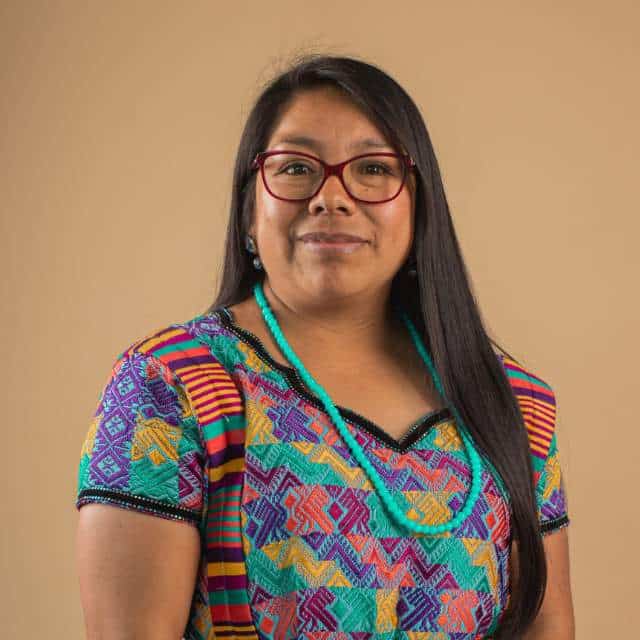
Luis von Ahn Foundation
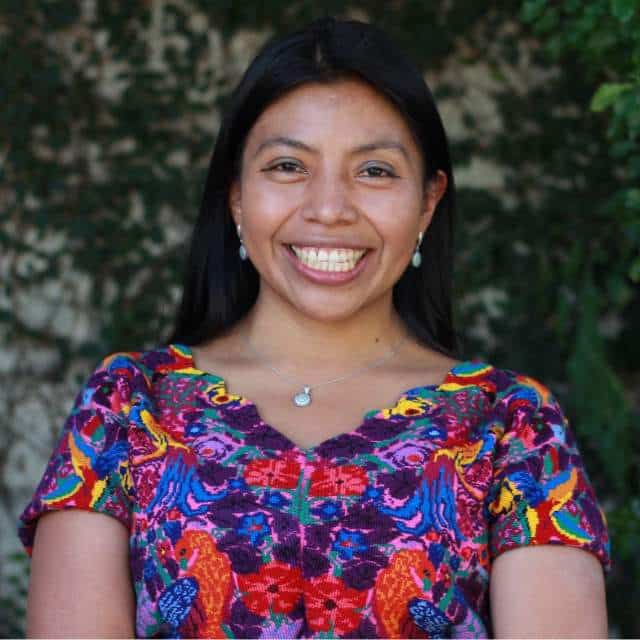
MAIA

Maya Health Alliance Wuqu’ Kawoq’
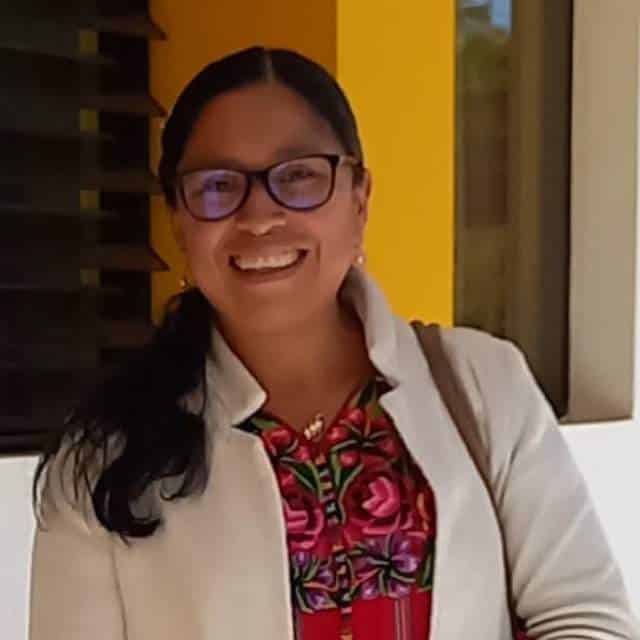
Women's Justice Initiative
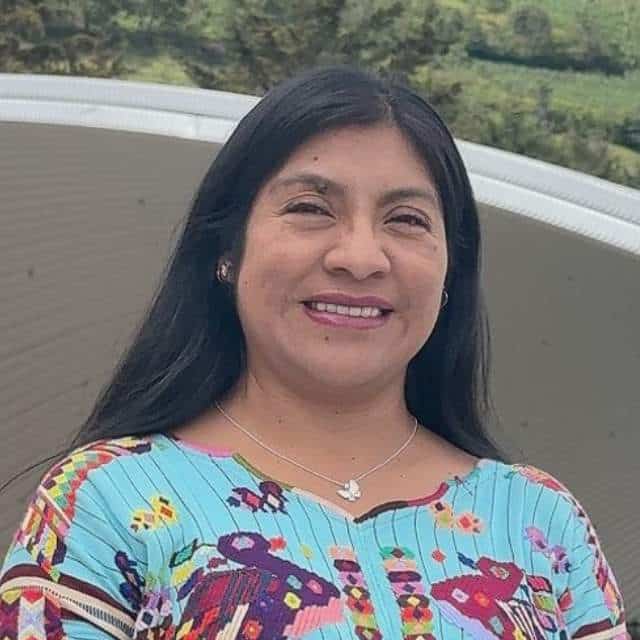
Limitless Horizons Ixil
"After 36 years of armed conflict in Guatemala, the effects of racism, poverty, discrimination and violence continue to predominantly affect girls and indigenous and Afro-descendant women."

"Providing high-quality medical care while employing relevant language and cultural understanding, and which is based in science with and by the community, can sustain indigenous women both as members of the community and collaborators of the institution."

"I am an indigenous woman. What does that imply in a Guatemalan society? I am a woman in a classist and racist society, and that is my challenge."

"It's important to recognize the leadership capacity of indigenous women in all areas of society. This will not only inspire other women and girls, but it will challenge gender stereotypes."

"Be more brave than perfect. If you can be that, then you can break down the system, the status quo."
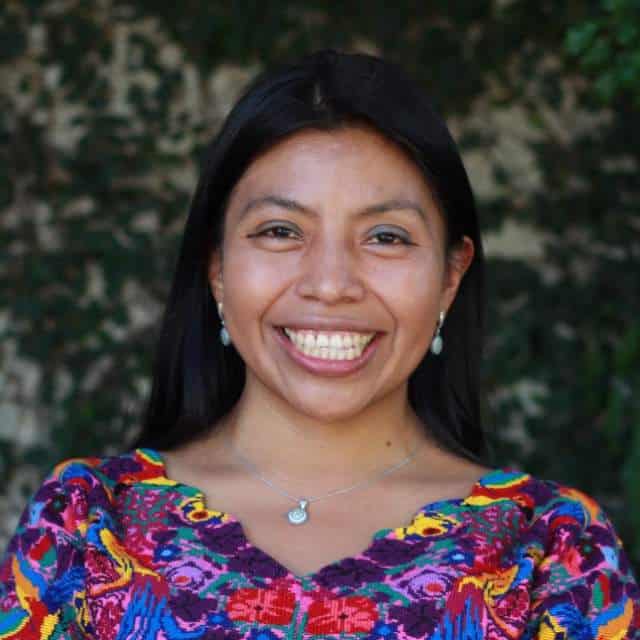
Democratic backsliding and the human rights crisis in Nicaragua are the primary reasons for 57% of Nicaraguans hoping to leave their country for the United States. Over 550,000 Nicaraguans have suffered forced displacement and 3,400 civil society organizations have closed. Social displacement presents many challenges: changes in migration flows across countries, particularly for refugee cases; policies that criminalize citizens and negatively affect fundamental rights; and an increase in hate messages through digital media that affect the social fabric.
The session analyzed the obstacles impeding institutional frameworks that create freedom of movement and improve the refugee application process. Panelists recommended working alongside returned migrants and investing in resources for their integration.
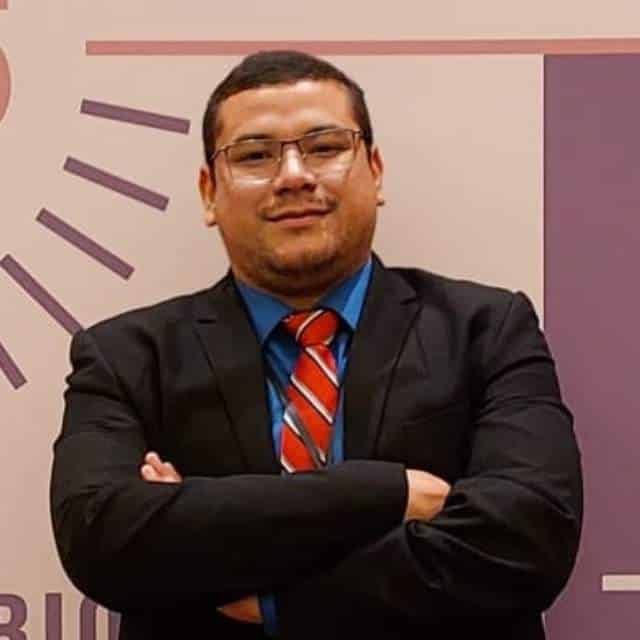
Human Rights Collective Nicaragua Never Again

Center for Justice and International Law (CEJIL)
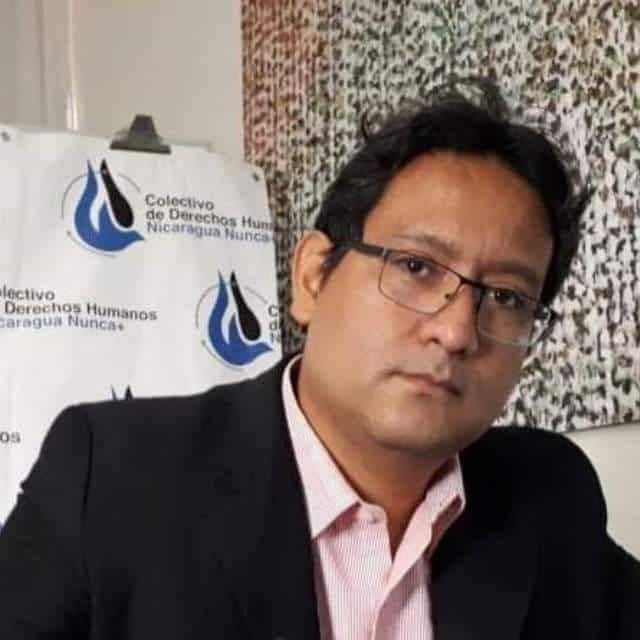
Human Rights Collective Nicaragua Never Again

Washington Office on Latin America (WOLA)
"We must think deeply about how many people are left behind from forced displacement."

"Public policies are recreating bad practices that impact human rights."

"Certainly, receiving so many displaced people requires a greater commitment from the international community, but we must also highlight the enormous contribution of the Nicaraguan people in Costa Rica."

"Exile is a complicated issue and requires comprehensive solutions."
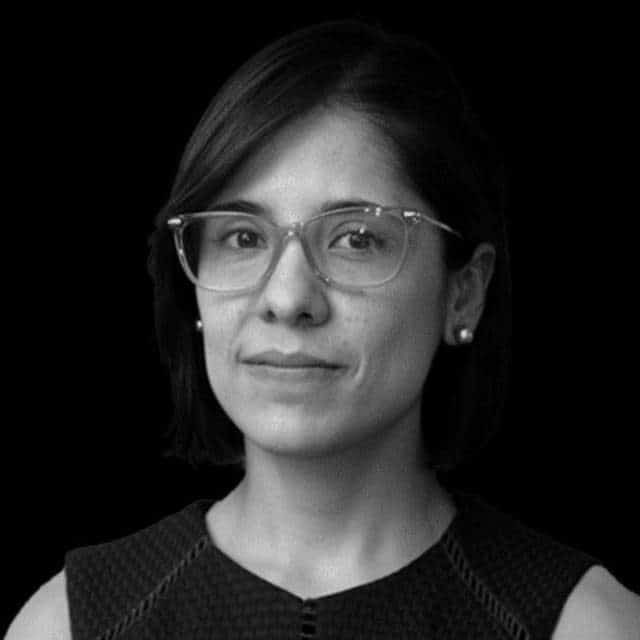
"Political displacement is the response of an authoritarian regime to silence critical and resilient voices."

This panel addressed the main challenges to constructing a just and inclusive future, including effective development for Afro-descendant, Garifuna and Indigenous peoples in the region, with an emphasis on women who suffer from layered discrimination of their intersecting identities.
Panelists discussed the oppression and structural violence that these populations have historically faced in an effort to build an agenda for reparations and restorative justice. They shared experiences of struggle and strategies for resistance from the perspective of community organizations, international groups and the State. In short, speakers articulated how to implement and advance racial justice for the defense of the speakers’ territories and for conditions of development that lead to dignified and fulfilling lives.
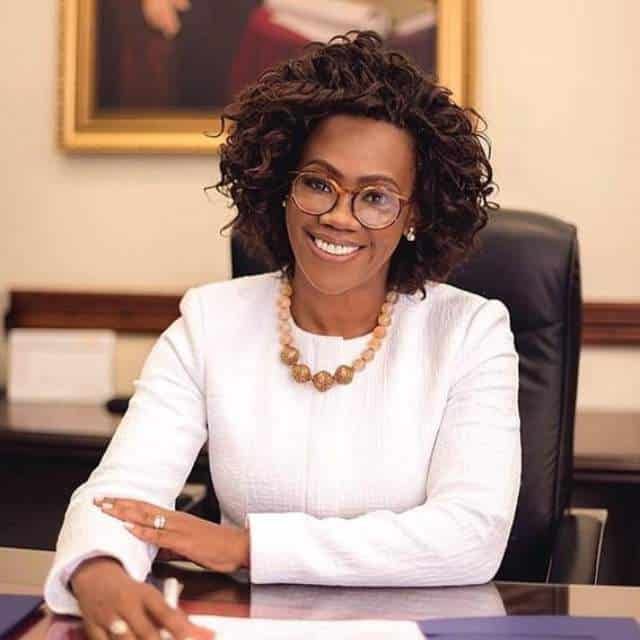
United Nations Permanent Forum on People of African Descent
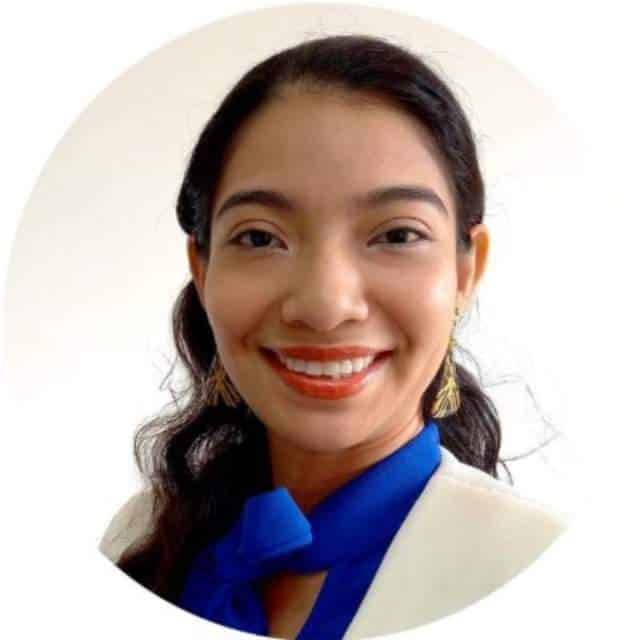
Women´s Link Worldwide

Women's Justice Initiative
“We must celebrate and recognize our small steps towards fairer societies. By celebrating them, we recognize the fight against the current inequitable system.”

“We have experienced historic and colonialist racism. We are fighting and resisting, and the resistance of indigenous peoples is political.”

“Collective construction towards new and more inclusive opportunities is possible when we join together.”

“We trust and we know that we are capable as indigenous peoples to build and develop our own story.”

“Systemic racism is a constant reality experienced in Central America. The State must guarantee spaces for excluded voices to be heard.”

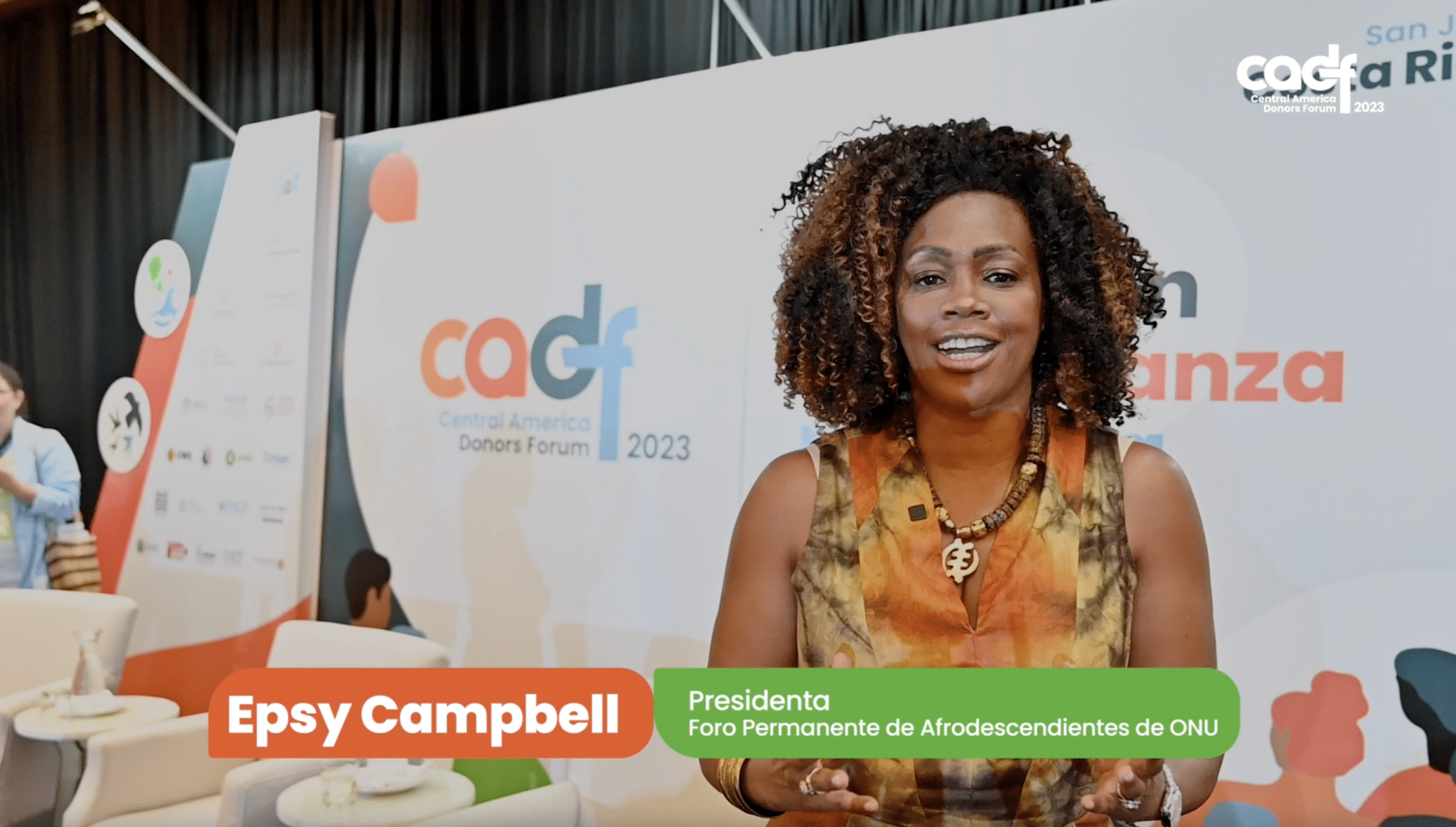

Epsy Campbell, President of the United Nations Permanent Forum on People of African Descent, addressed the need to make marginalized voices heard and to eradicate system racism “from the micro to the macro.” She shared a vision based on “love, compassion and the opportunities to get involved from the deepest part of our very beings, but by also using concrete actions, investments and strategic alliances across all sectors.”
You can find all of the images taken at CADF 2023 on Seattle International Foundation’s Flickr page.
View all CADF 2023 photosOne-fifth of the world’s 110 million forcibly displaced people are hosted in the Americas, a region marked by violence in El Salvador, Guatemala, Honduras and a deteriorating human rights situation in Nicaragua that has uprooted over 1 million people. Mexico and Costa Rica recorded 118,800 and 129,500 new asylum claims respectively. Significant cross-border movements of Cubans, Haitians and Venezuelans continue to be reported, further straining asylum systems.
This panel invited representatives from different sectors of society to discuss the potential of and challenges to including refugees in the Costa Rican labor market. Speakers shared insights from local pilot programs modeling the power of socioeconomic inclusion, and changing the refugee narrative toward that of catalytic potential for host societies and global development in a world short on peace. Additionally, they discussed the potential of women, the need for digital training, the creation of an integrated strategy, and the need for multisectoral dialogue as central reflections to the topic of refugees, inviting participants to view human mobility not only as a moment of crisis, but as an opportunity.
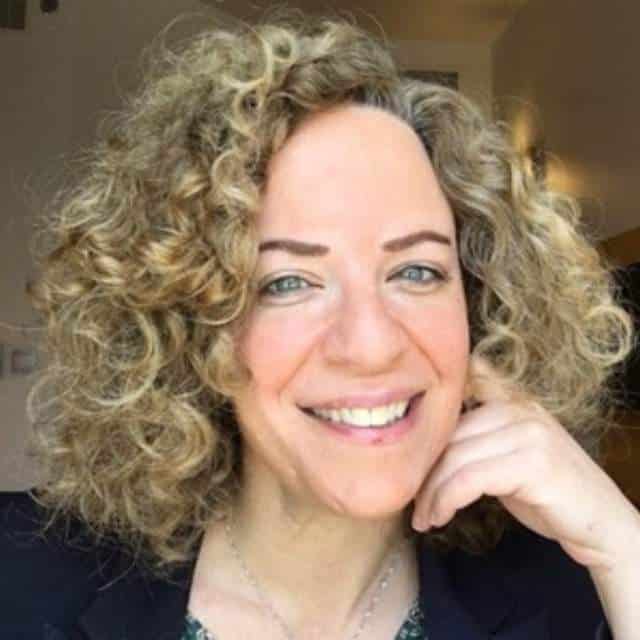
UNHCR
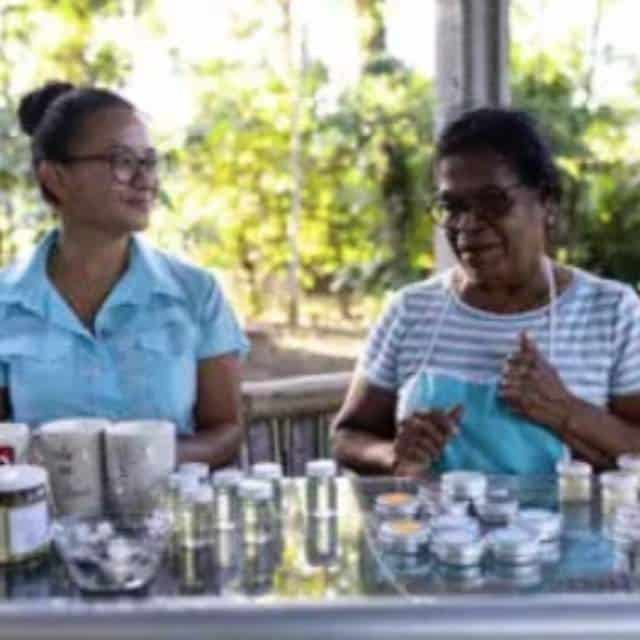
Independent
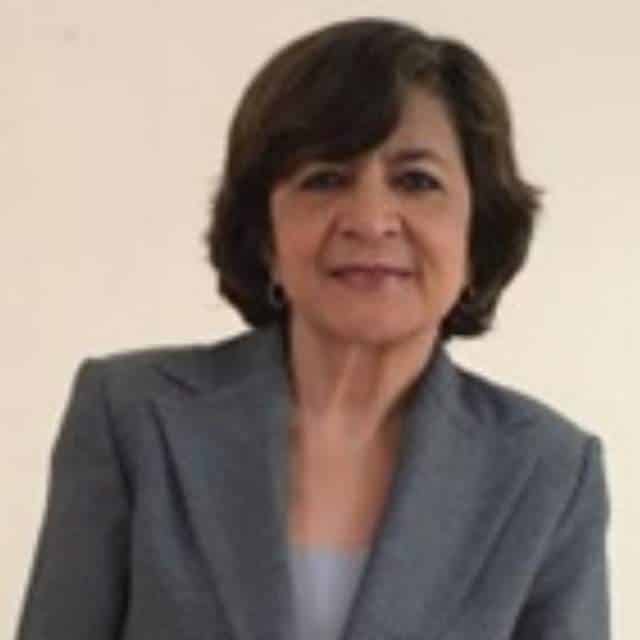
Fundación Mujer
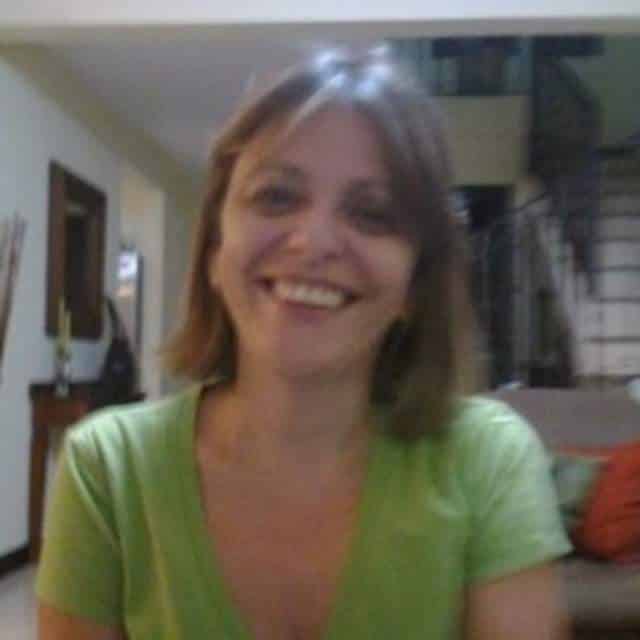
Omar Dengo Foundation
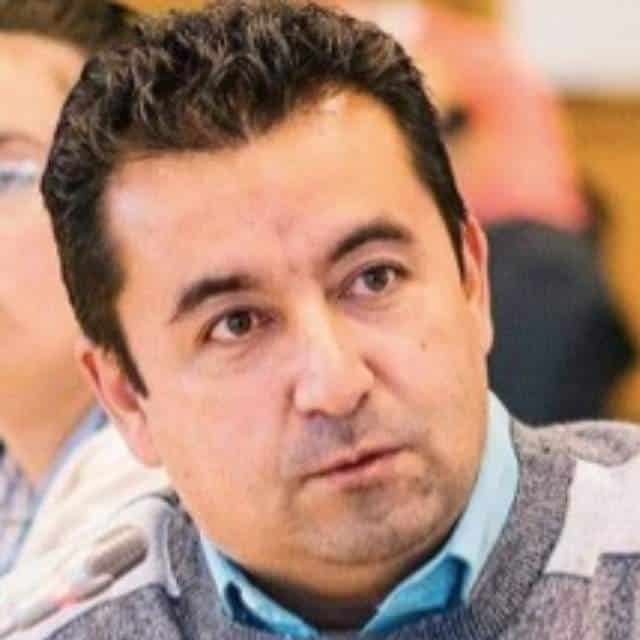
Ministry of Labor and Social Security of Costa Rica & MIRPS
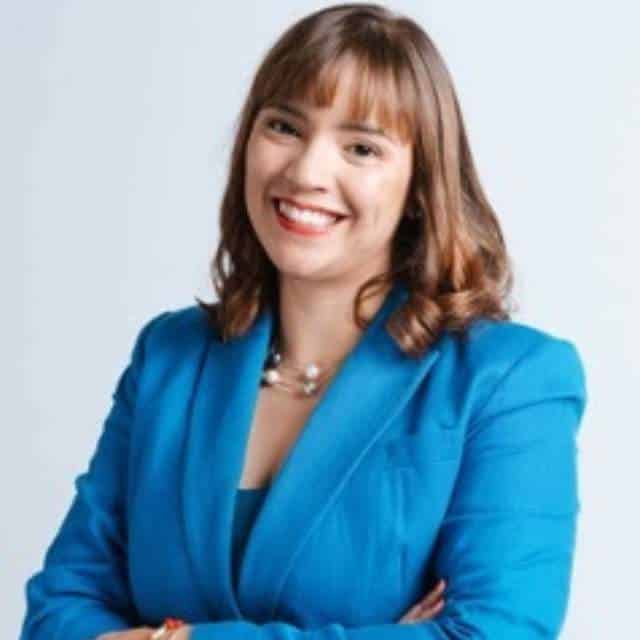
Accenture
“On Nicaraguan farms, we had nothing. We didn’t have plastic, or even a frying pan. We risked being under the sun and in the water, and through our struggles we found how we can improve food security, how we can have our own businesses, our own jobs, and help other farmers in these difficult situations.”
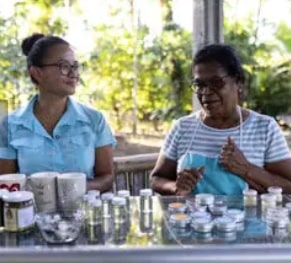
“As a women’s foundation, working with women is in our DNA. It’s a challenging job because we know that women must assume many roles, both reproductive and productive. We are in charge of caring for minors and the elderly, and in the midst of this we have to develop a way to survive ourselves.”

“The more diversity there is in a company, the richer its services will be. We should think about business issues alongside people coming from different backgrounds, each bringing different characteristics and unique knowledge.”
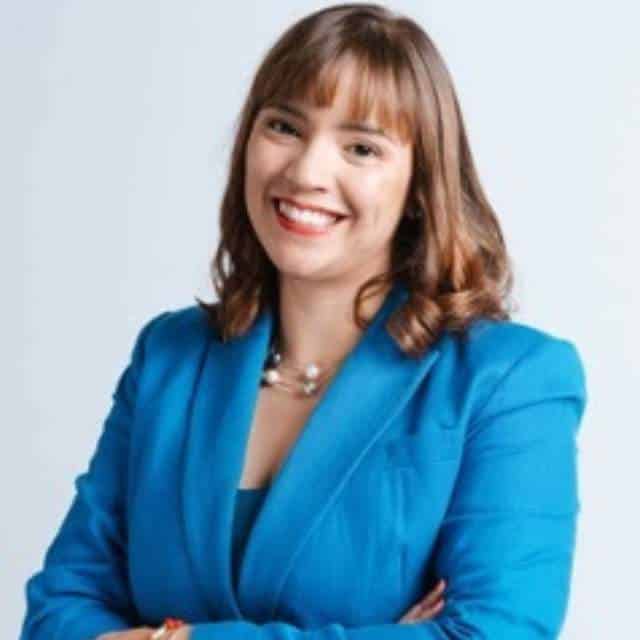
“Since the 1980s, migrants have filled roles in unskilled sectors, namely in agriculture and construction. But new migrant flows are of more formal profiles with higher education levels. We see this as an opportunity for production to take advantage of that experience and ability.”

"We’re here because when talking about the global crisis of 117 million refugees in the world today, 20% of them are in the Americas. One million are here in Central America. However, in addition to being a humanitarian crisis, people are bringing a wealth of skills, knowledge, training and experience to the countries that welcome them."

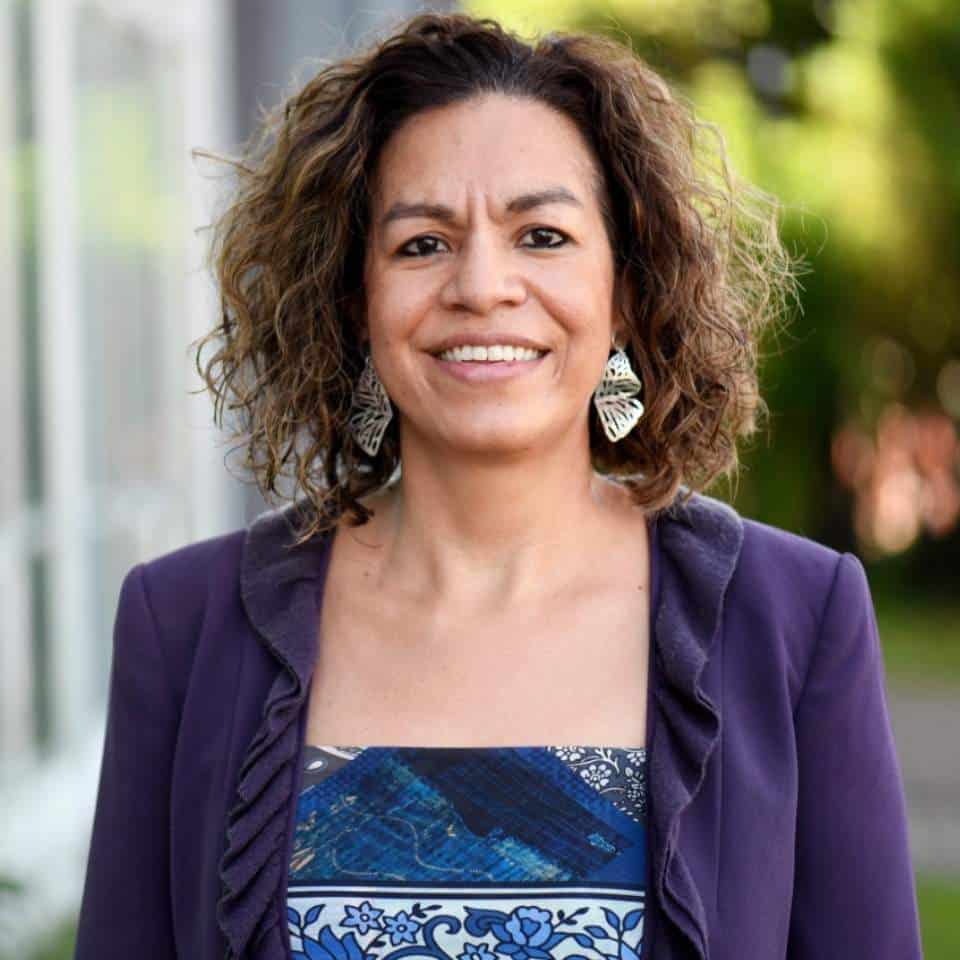
Managing Attorney at Women´s Link Worldwide

Deputy Regional Director, Ford Foundation
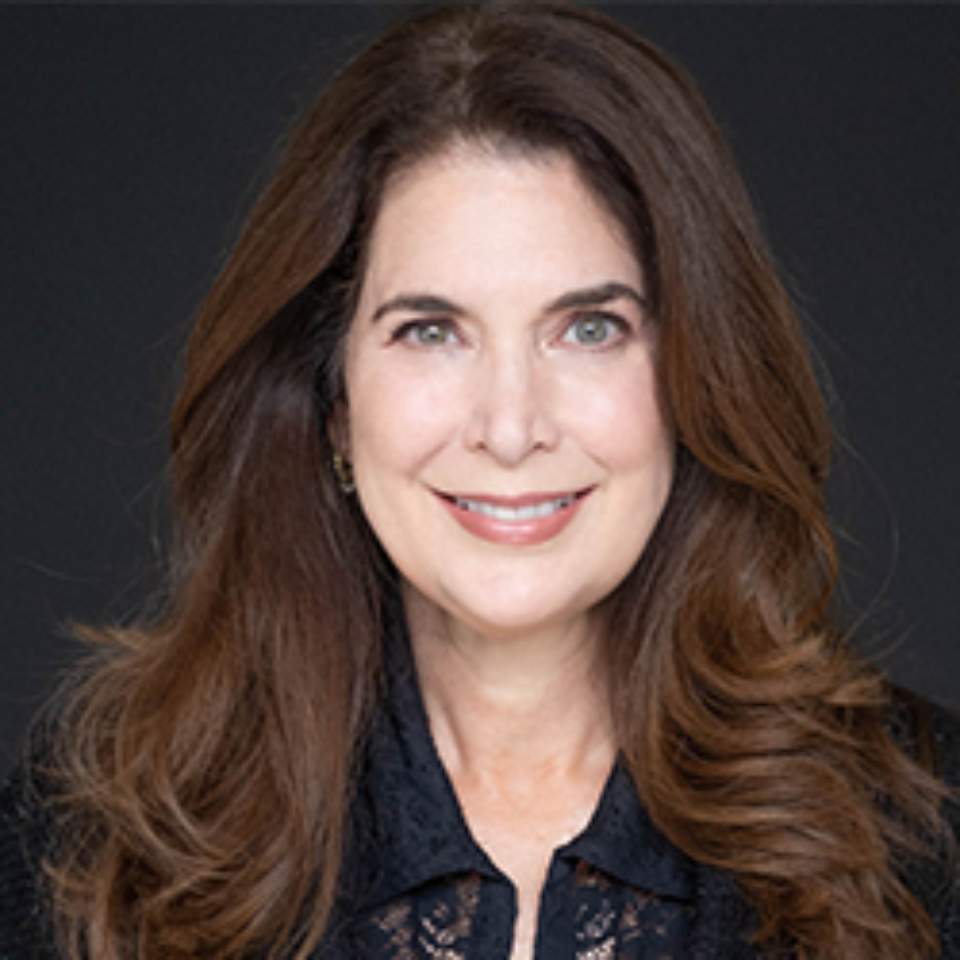
President, Hispanics in Philanthropy (HIP)
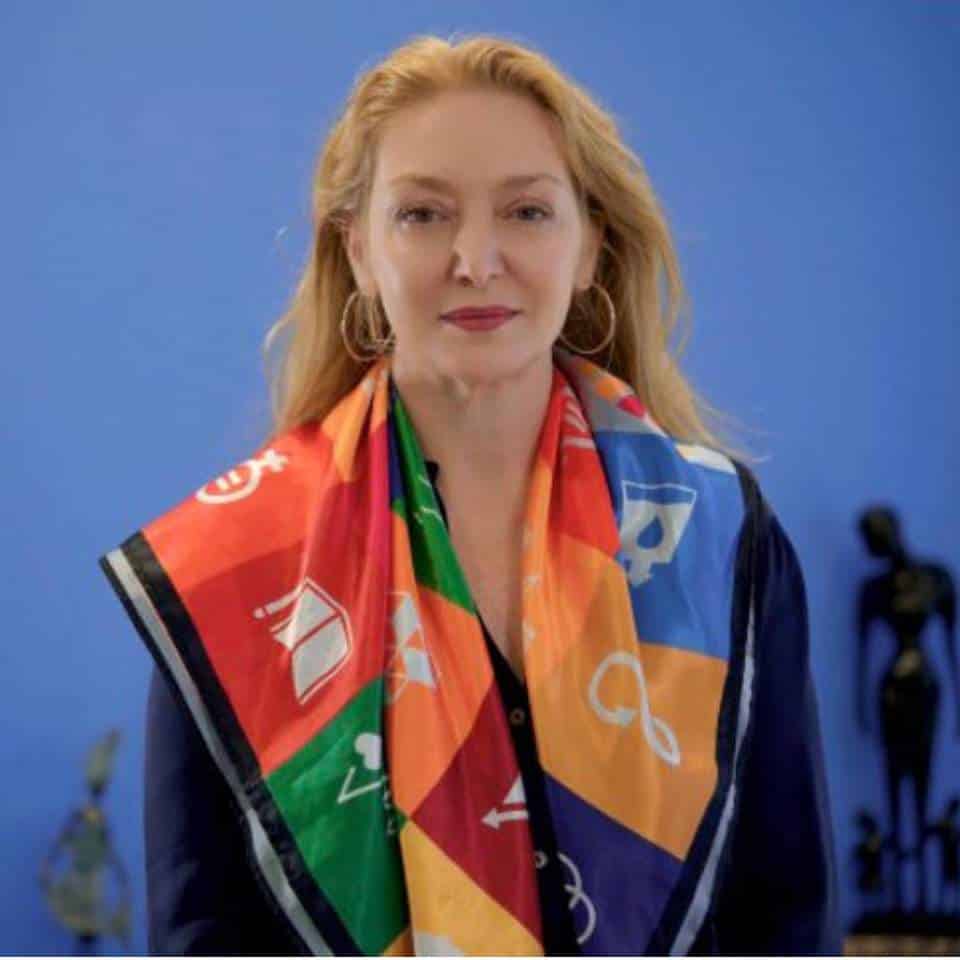
United Nations Resident Coordinator in Costa Rica
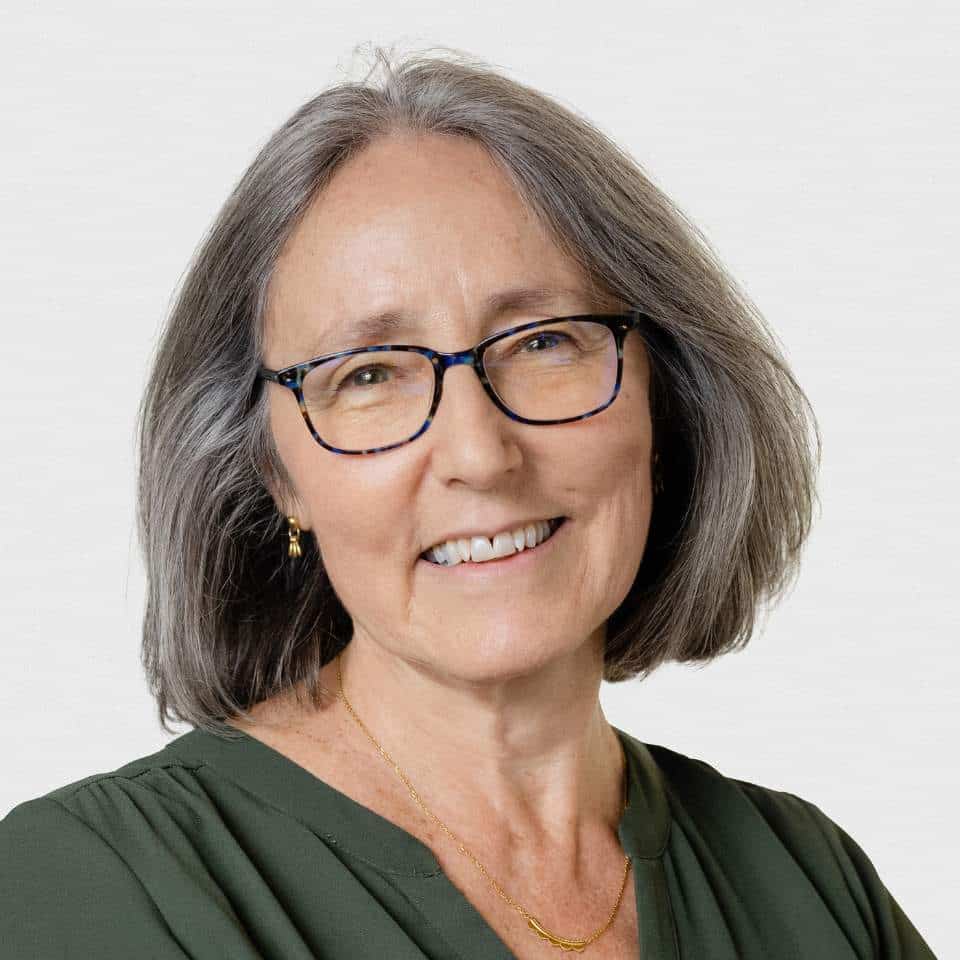
Executive Vice President, Programs & Communications, Rockefeller Brothers Fund
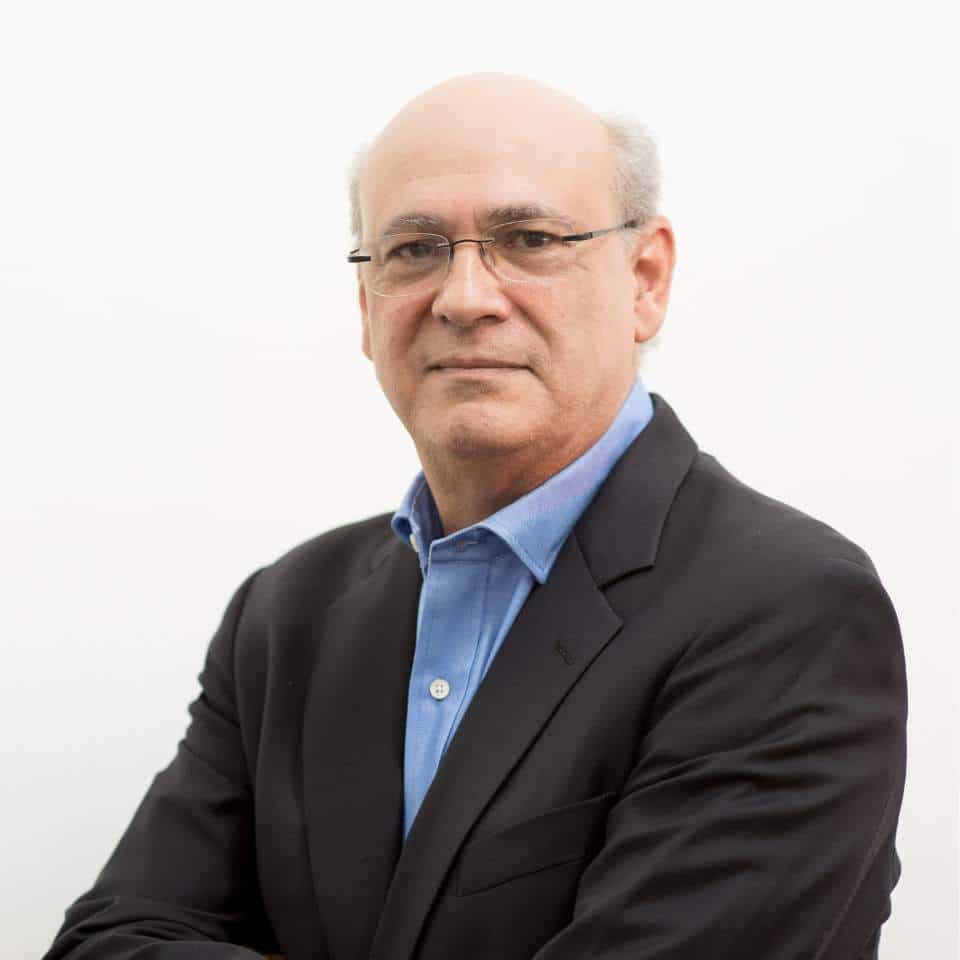
Founder and Director, Confidencial
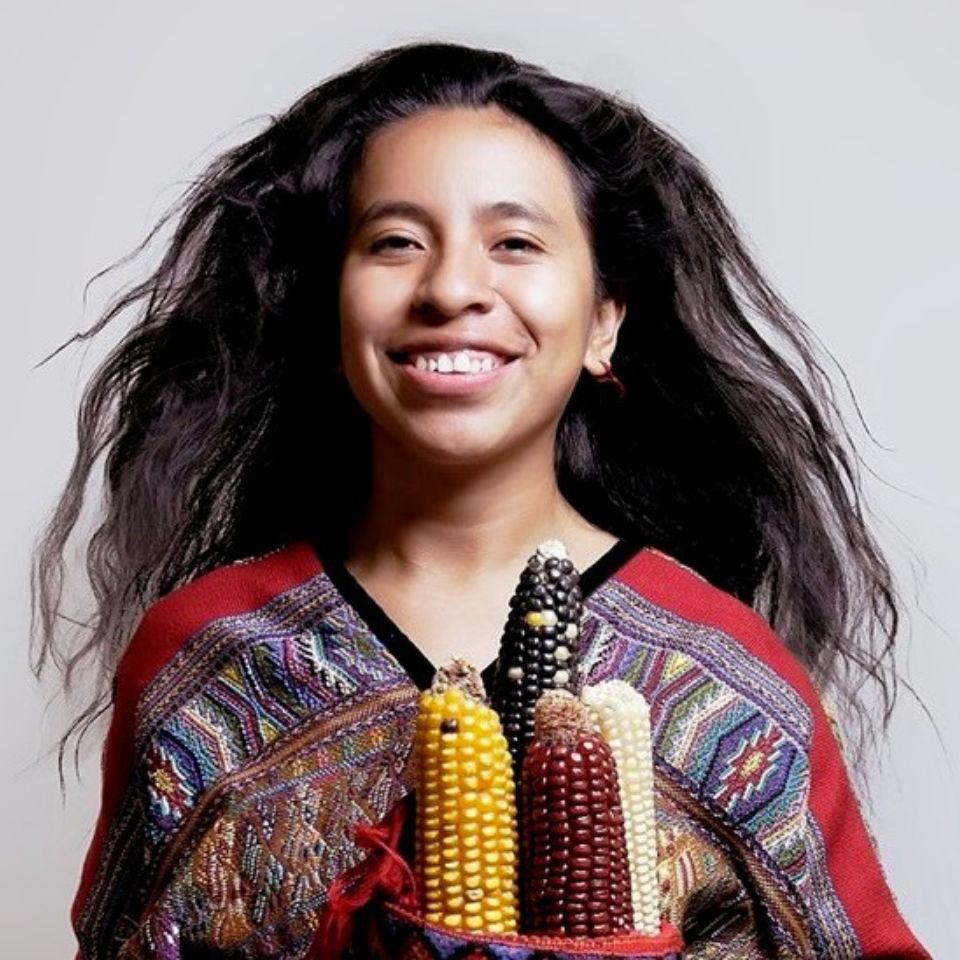
Guatemalan singer-songwriter and activist
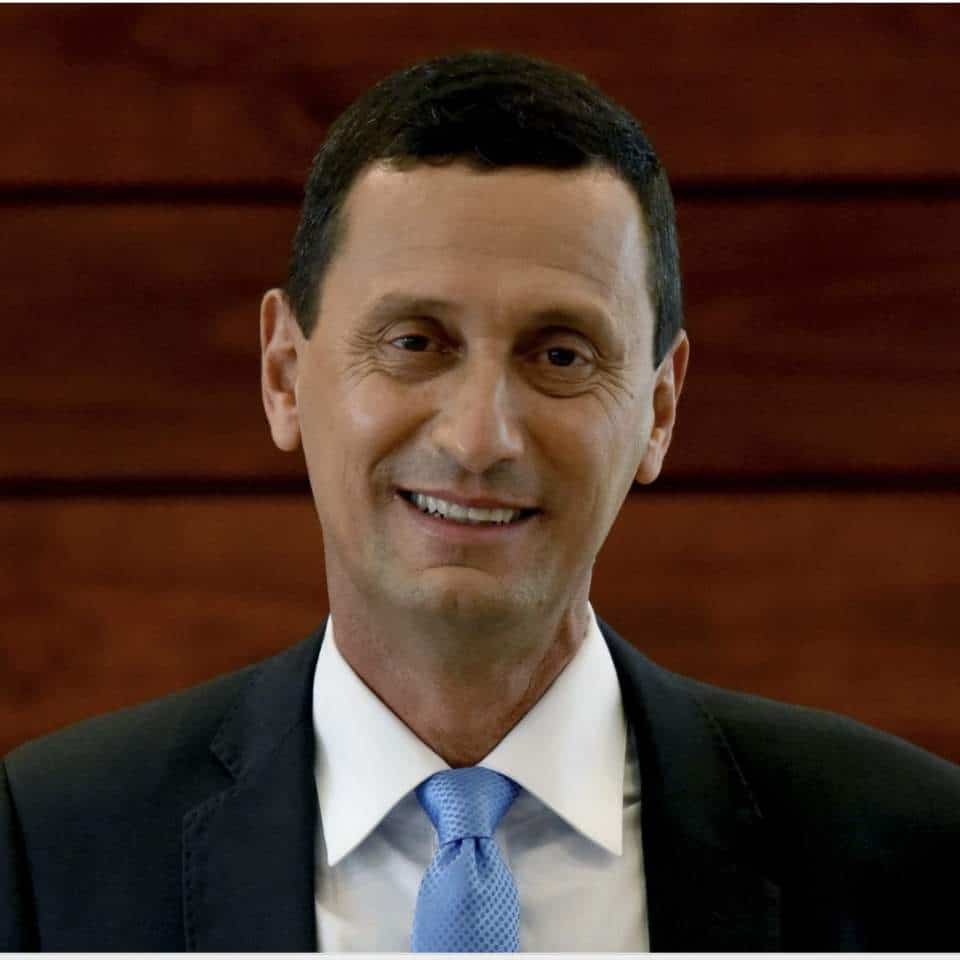
Chancellor, University of Costa Rica
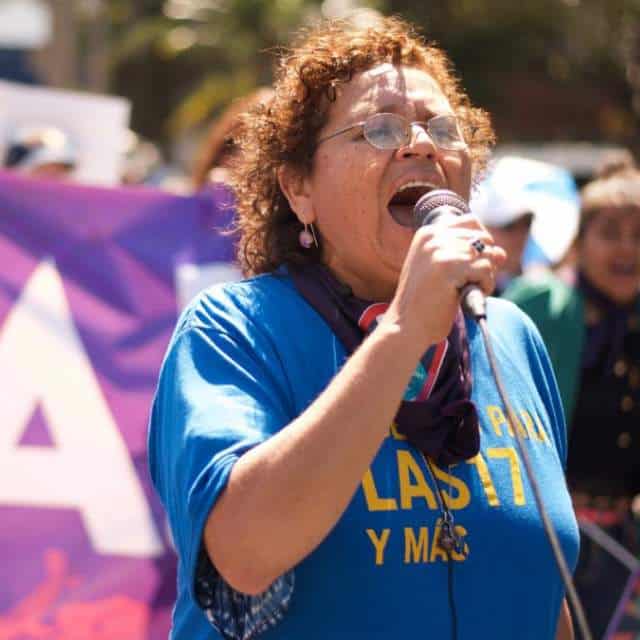
Feminist Activist & Human Rights Defender

President, Tinker Foundation
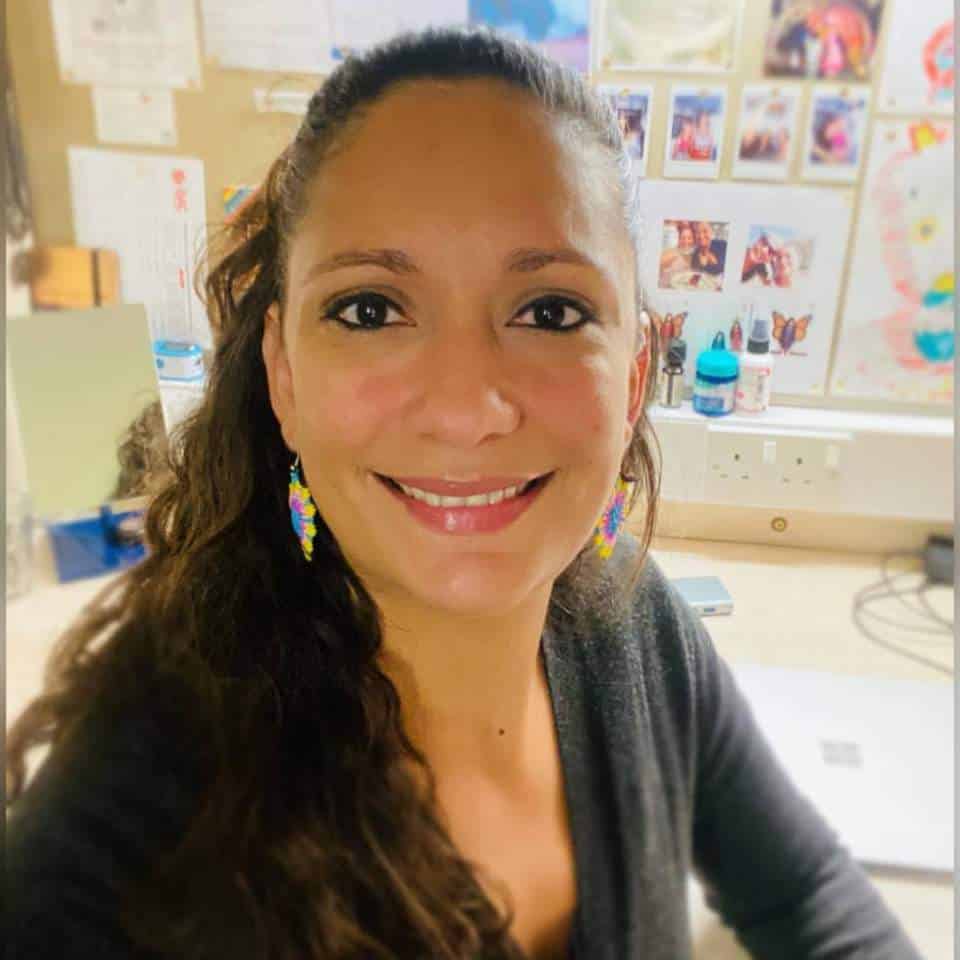
Program Officer, Latin America and the Caribbean, Open Society Foundations
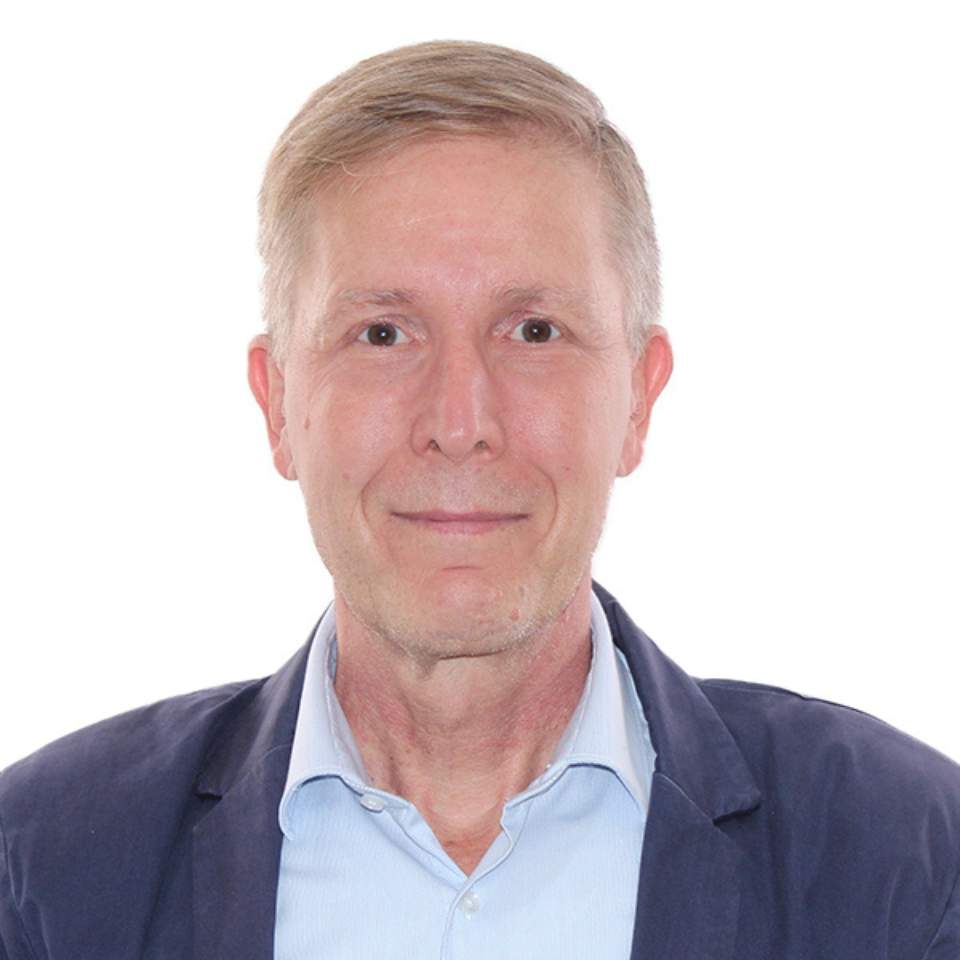
Ambassador Extraordinary and Plenipotentiary of Sweden in Guatemala
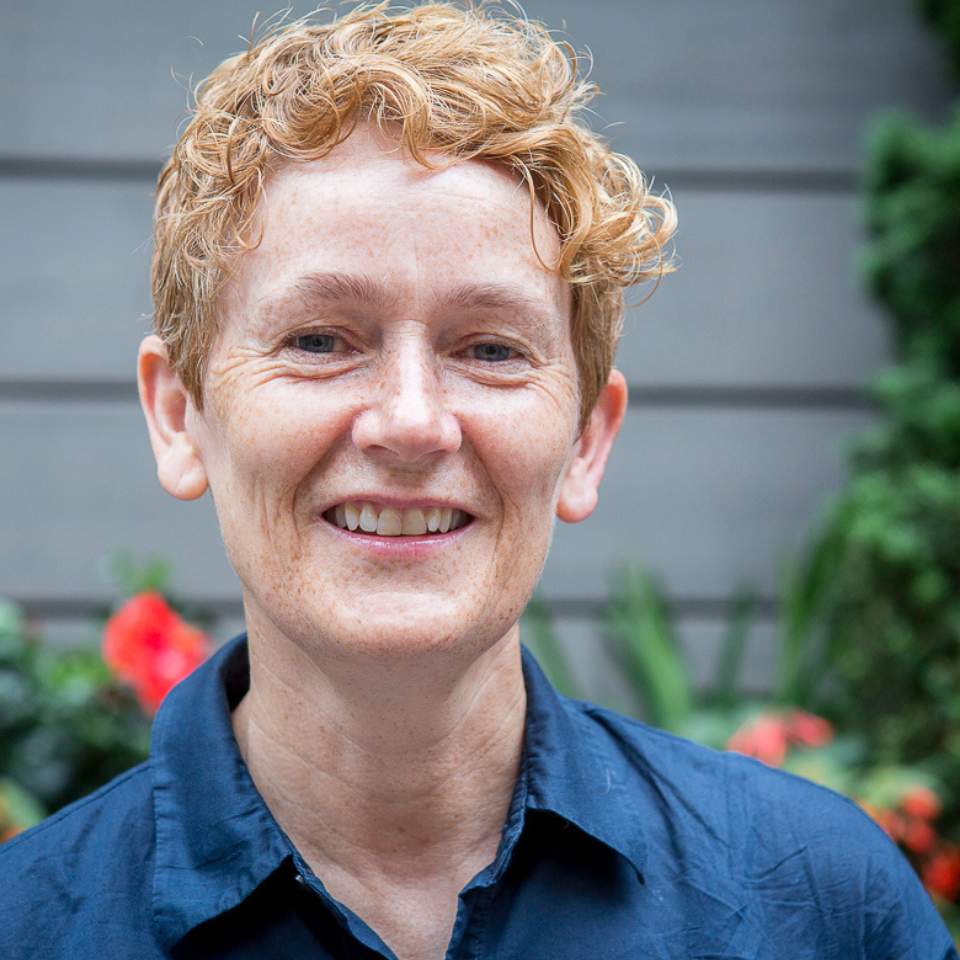
CEO, Foundation for a Just Society (FJS)
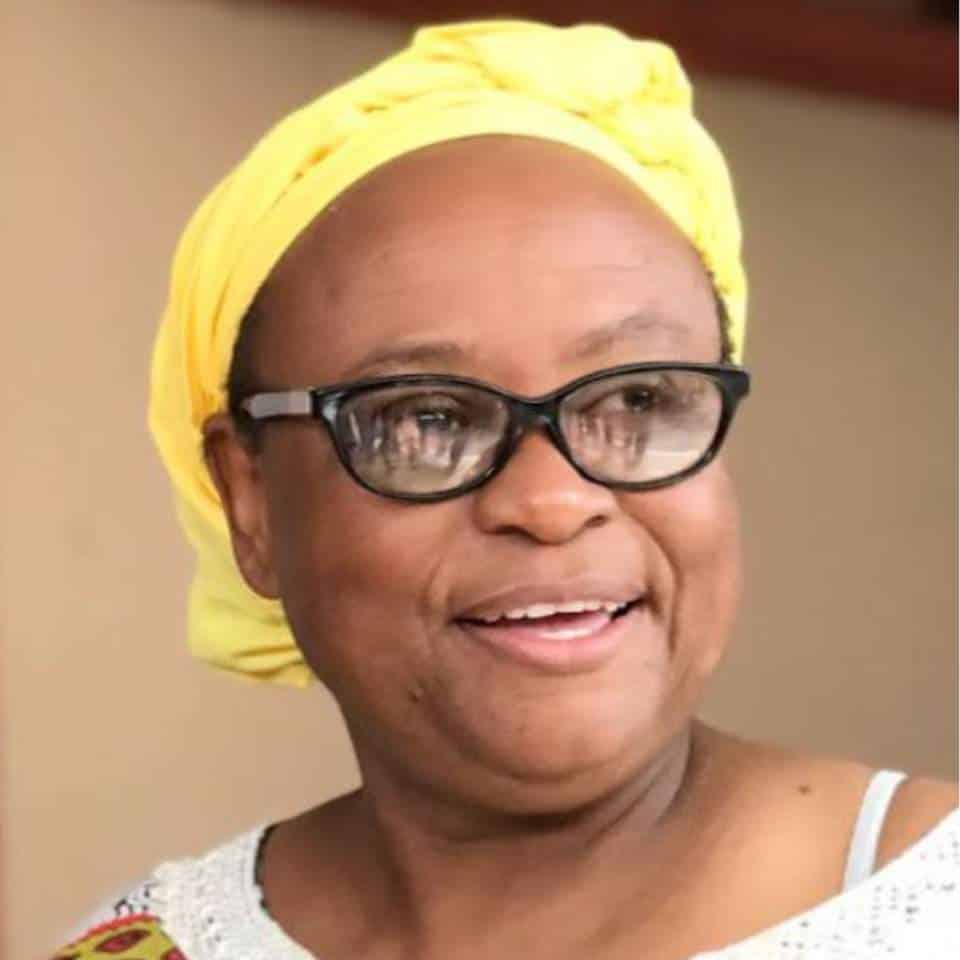
General Coordinator, Organización Fraternal Negra Hondureña (OFRANEH)
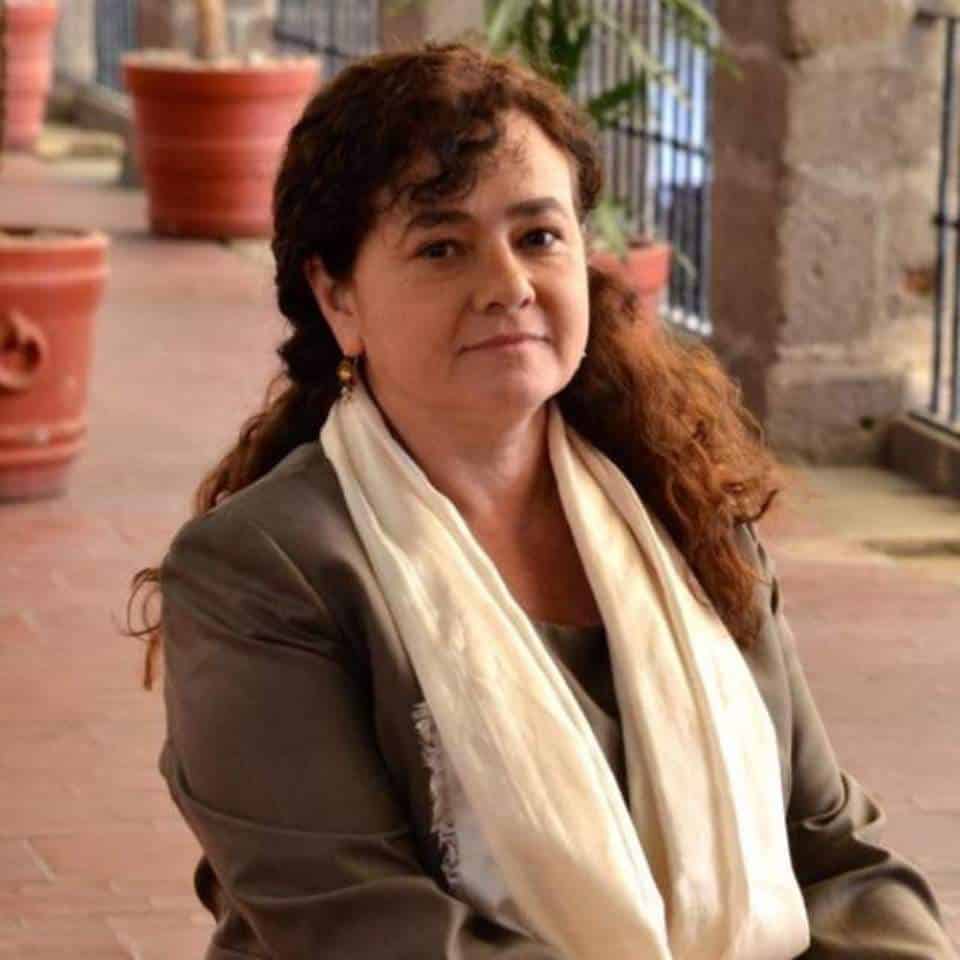
Director of the Mexico and Central America Program, Center for Justice in International Law (CEJIL)

U.S. Congress, Co-chair, Central America Caucus
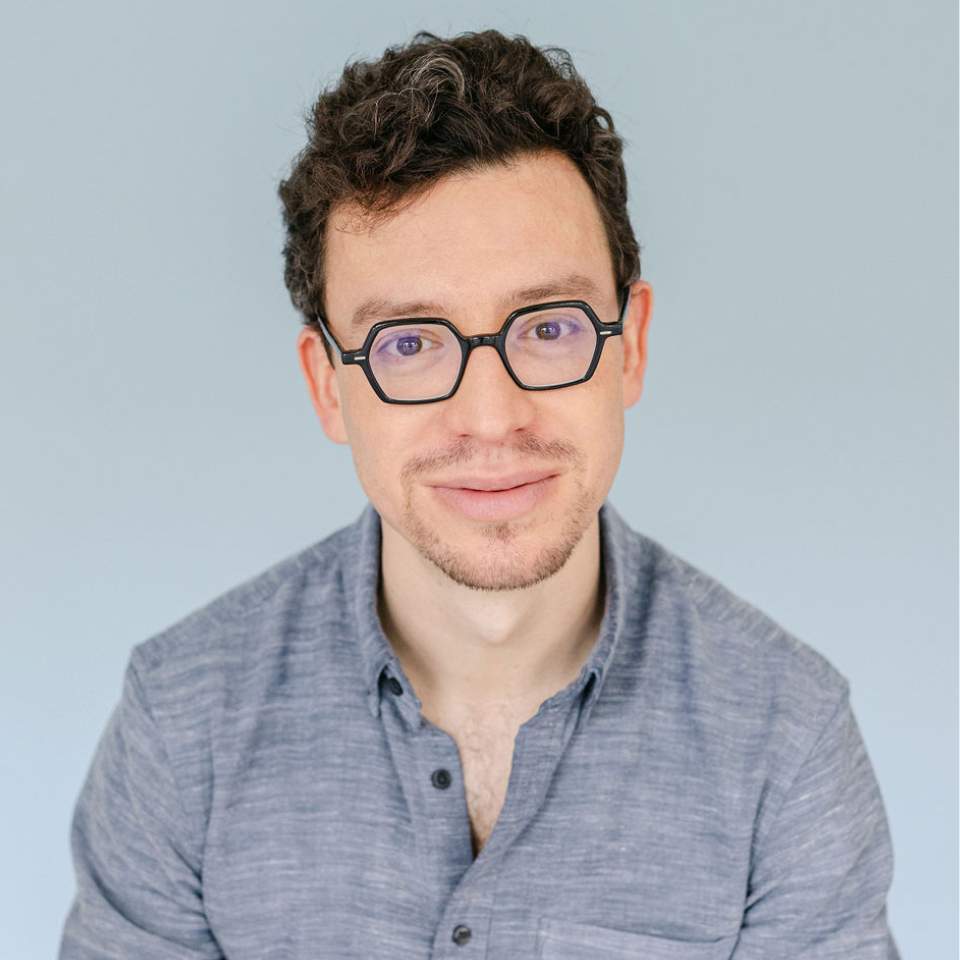
Co-founder and CEO, Duolingo
What does it mean to be a woman, a feminist and young in Central America? Solving, resisting and reflecting. This session brought together young and diverse women who shared their areas of work, organizational challenges and motivation for seeking climate justice and positioning the issue as a gender and human rights issue.
Defending territories, bodies and the environment crosses into multiple types of violence that ultimately try to break the social fabric and identities of community. This session opened a space for youth feminists to talk about their experiences, actions and strategies to defend their bodies and territories, as well as share their critical and creative proposals to confront the climate crisis, gender-based violence, machismo and adultcentrism.
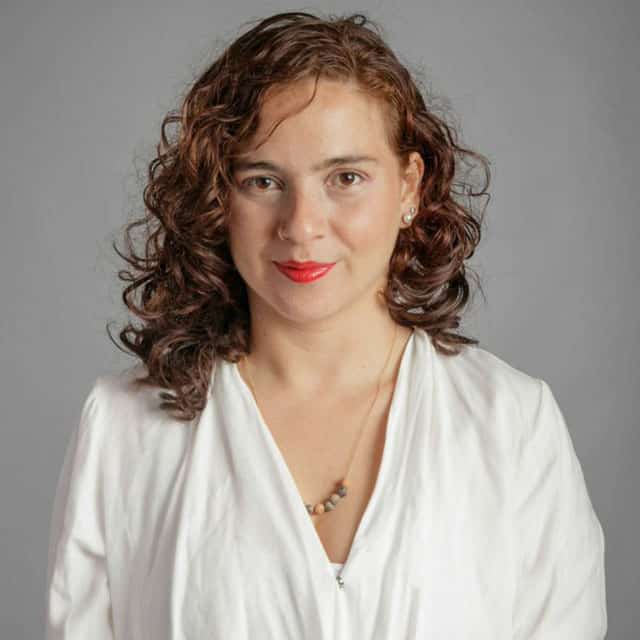
Seattle International Foundation (SIF)
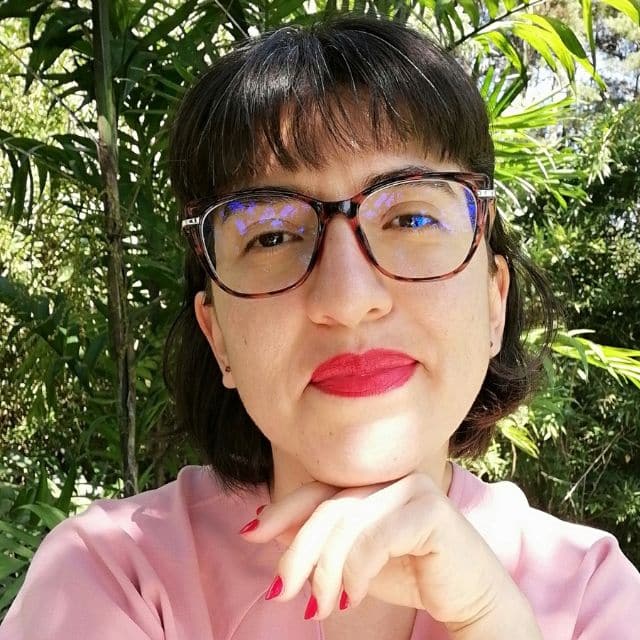
Independent researcher
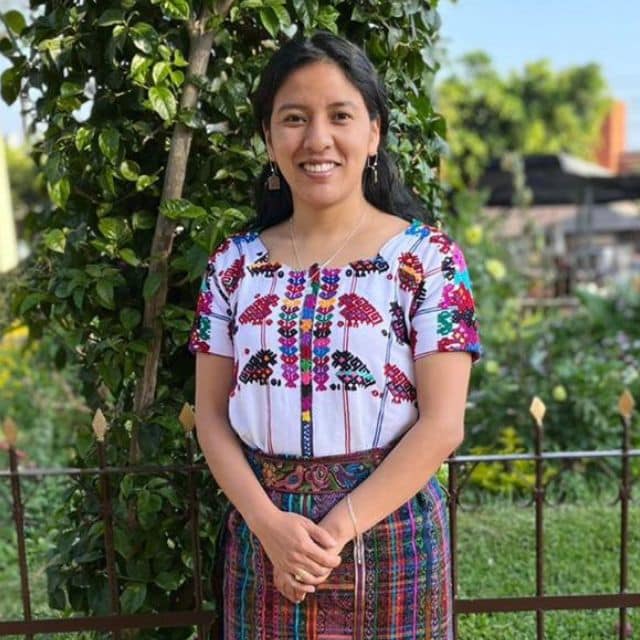
Association for the Promotion and Development of Community CEIBA
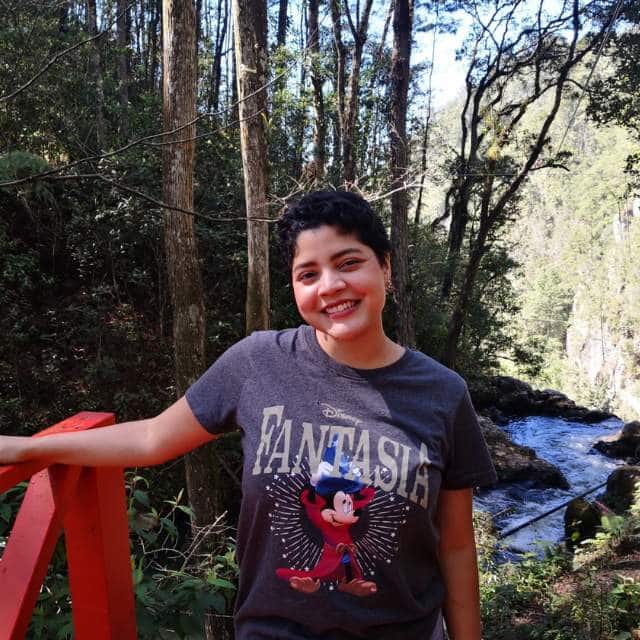
Climate Justice Activist

Independent Researcher
“We’re learning and continue to learn that climate and ecological justice in Central America has many forms, and is not simply about how to reduce carbon emissions. Though that is an important issue, there are countless initiatives in Central America to live better, live well and defend a life with dignity.”
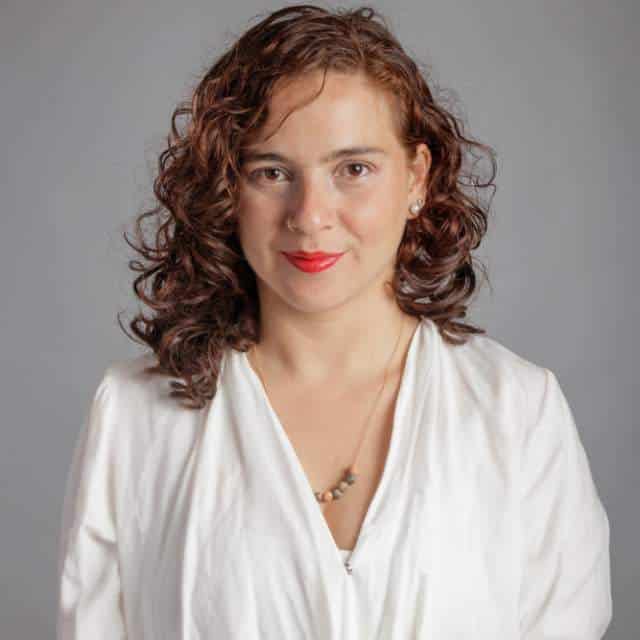
“Our context is participating, linking together, organizing and strengthening women from a young age, particularly for indigenous women. This work pushes back against a racist, patriarchal State or government that implements an extractivist, colonial and corporate model.”

“The purpose of these efforts is to bring about change. The first land or the first territory that we as women must defend is the body.”

“We must make visible not only a perspective of violence, but of resistance, the resistance of women protecting territories because they are often the women who are concerned about future generations.”

“The climate crisis is not just a crisis related to the climate, but rather it is a political, economic and social crisis. It’s not about protecting a forest of some natural resource; it’s about dispossession and the persecution of marginalized populations occurring since colonial times.”

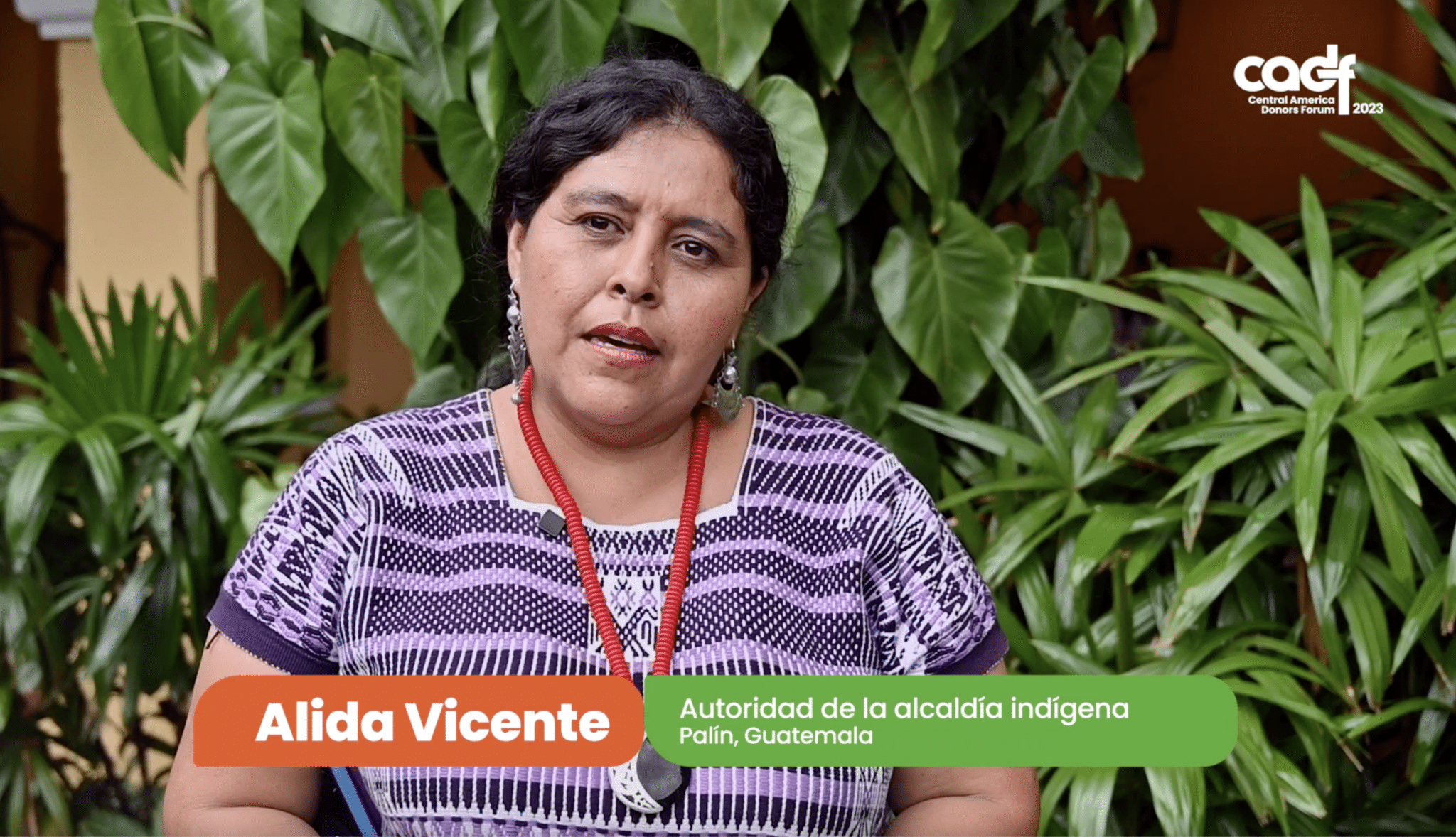

Alida Vicente, Authority of the Indigenous Municipality of Palín, Guatemala, highlighted that CADF 2023 was an opportunity to discuss Central American territories and communities, generate networks and strategic alliances, and “unite the strength of women and the strength of the people.”
Narrative is the aggregation of stories about the world and our place in it, and directs us to how we should feel, think and act. Doing narrative work means expanding the social imagination and inspiring collective action. Since narrative work seeks to create meaning at scale, it is essential that we learn how to build narrative communities and reach new audiences to broaden the base of those who agree with the worldview we want to promote.
The challenge for human rights and social justice movements in Central America is to go beyond denouncing injustices and inspire people to use their individual and collective power to create a world that is centered around dignity, interconnections and care—a world that is both desirable and possible.
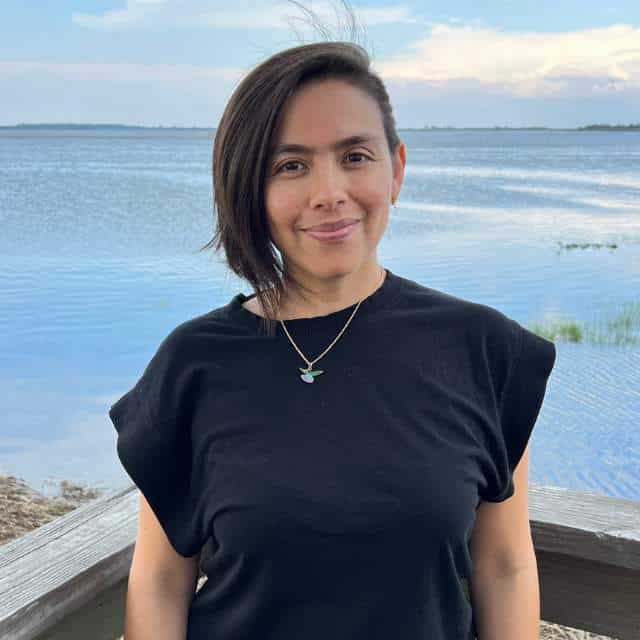
Foundation for a Just Society

Feminist Collective for Local Development
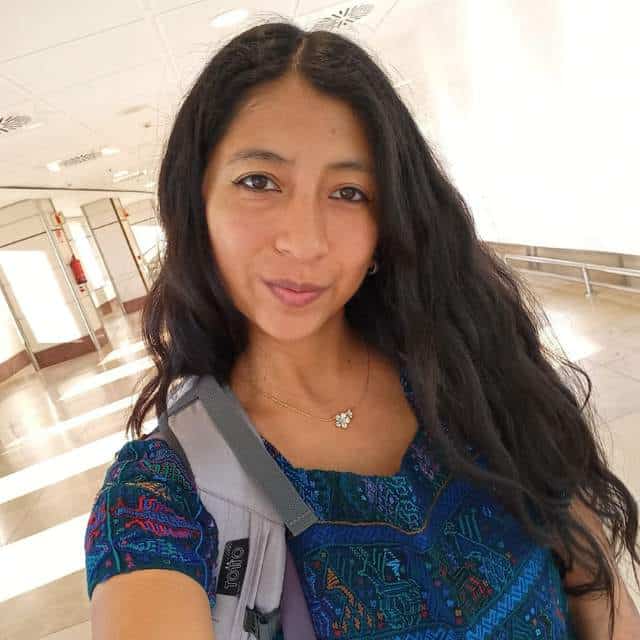
Mujeres Mayas Kaqla
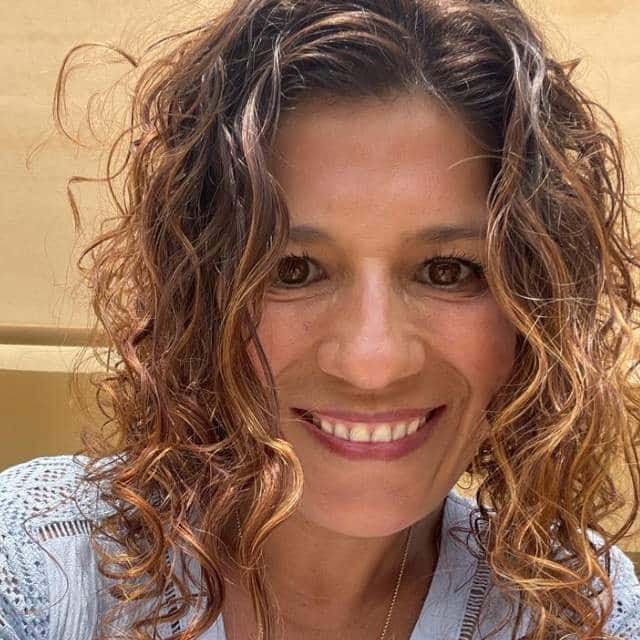
Bridges
"Narratives are the key to unlock what we hope to build."

"There are three types of connections: movements for a common cause, different audiences, and cultural actors."

"We must be participants in our victories, the triumphs for us all."

"It's important to create alliances to deconstruct narratives."

"Narratives are nourished by multiple disciplines, but their purpose is in how we dispute common sense."

The CADF 2023 agenda featured nearly 60 sessions, including panels, workshops, fireside chats, roundtable discussions, site visits and many networking opportunities.
Go beyond the highlights and explore the full agenda.
View full 2023 agenda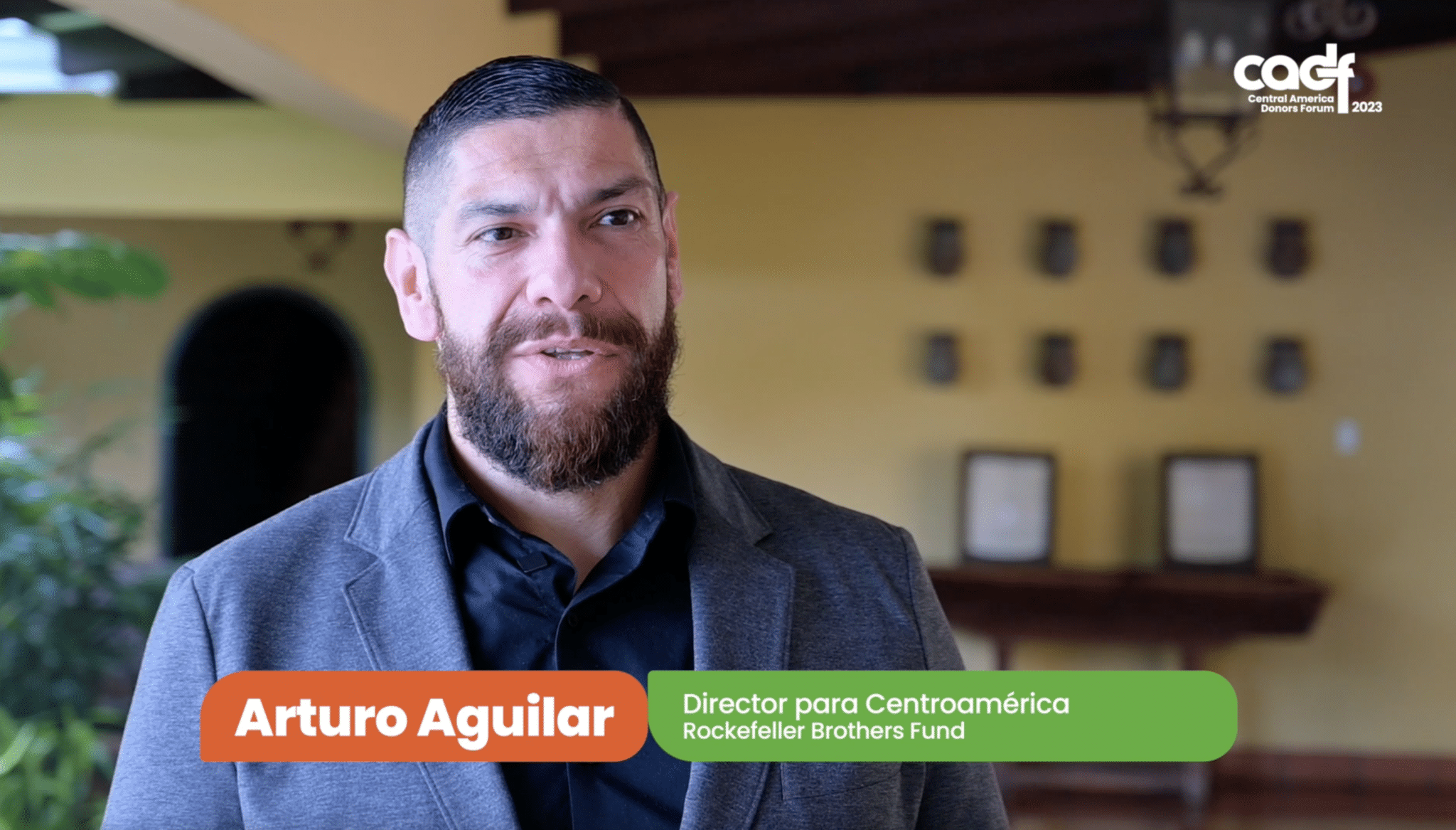

CADF is a valuable space because it brings together people from diverse sectors to reflect strategically on problems in and solutions for Central America, build a community, learn from one another and find the strength to continue working for the region, says Arturo Aguilar, Program Director of Central America at the Rockefeller Brothers Fund.
This panel explored the challenges faced by independent journalists who, in the face of exile, seek to promote democracy both in Nicaragua and throughout Central America. Some of the challenges highlighted included economic sustainability, the quality of journalism in the face of blockades by the Ortega regime, the permanent condition of exile, generational change and artificial intelligence.
This situation has led journalists to seek out fissures within the regime in order to continue providing information to citizens, such as setting an agenda within the country, protecting anonymous tipsters, international cooperation as a means of financing and generating alliances within media.

Confidencial
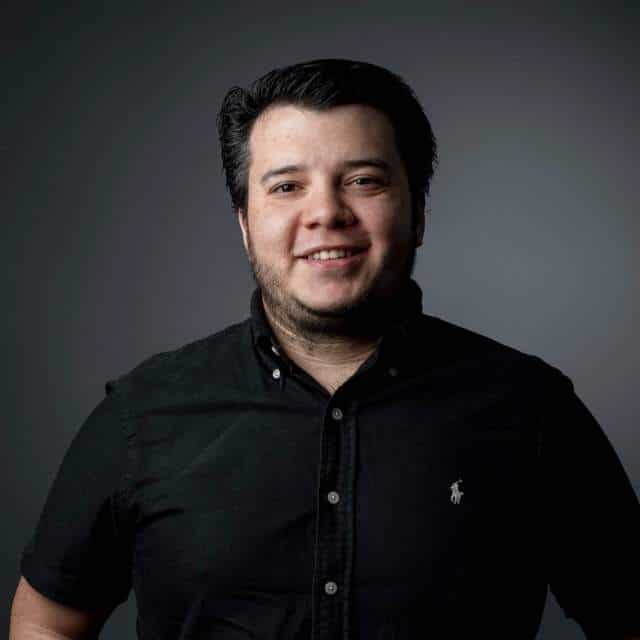
Divergentes
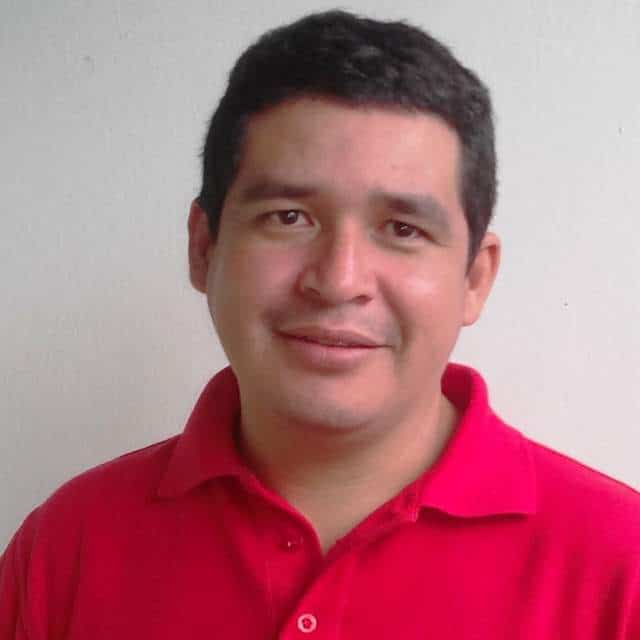
Onda Local
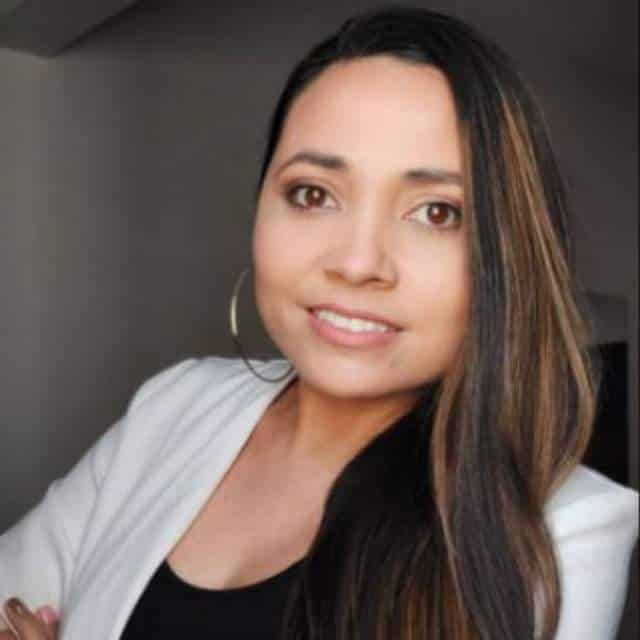
Nicaragua Investiga
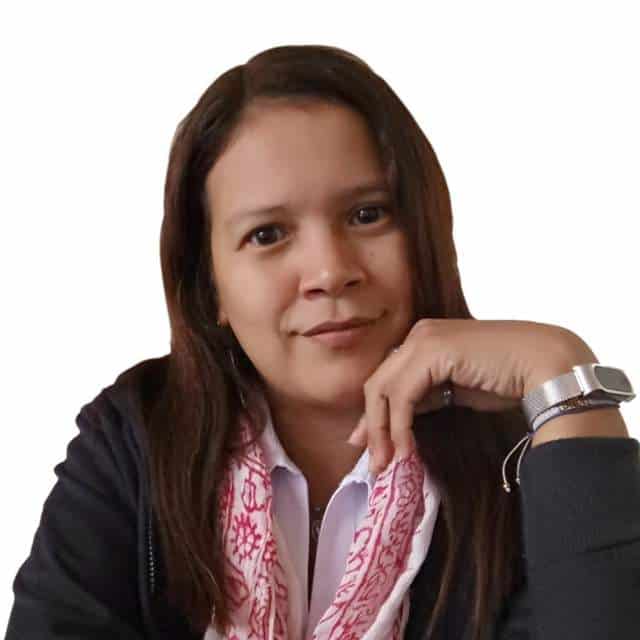
La Prensa
“Our greatest weapon is the truth, and we must continue using it.”

“There are anonymous voices, but there are also voices of those who want to be seen and heard.”

“The Achilles heel of investigative journalism is financing.”

“Nobody has the winning formula. What we can do is resist, move and document, and not allow any economic factor or emotional burden to make us give up.”

“Under a dictatorship, journalism cannot lead to changes in public policy. What we can do is document truth, which is fundamental for a future of justice.”

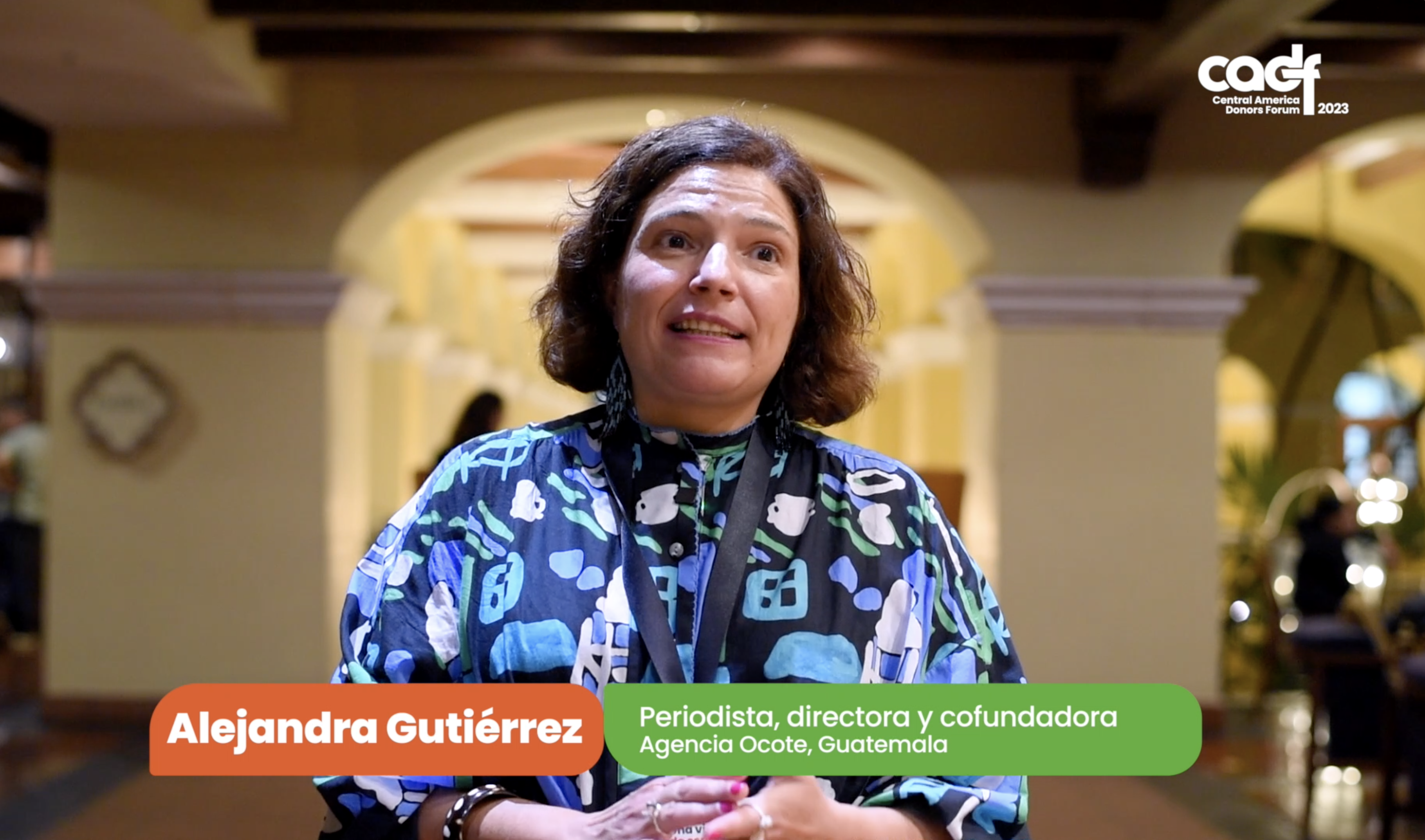

CADF is a space for “journalists and independent media to gather together with other organizations and donors who can contribute to our work, as well as discuss what we’re doing and the challenges we face,” said Alejandra Gutiérrez, Journalist and Director of Agencia Ocote in Guatemala.
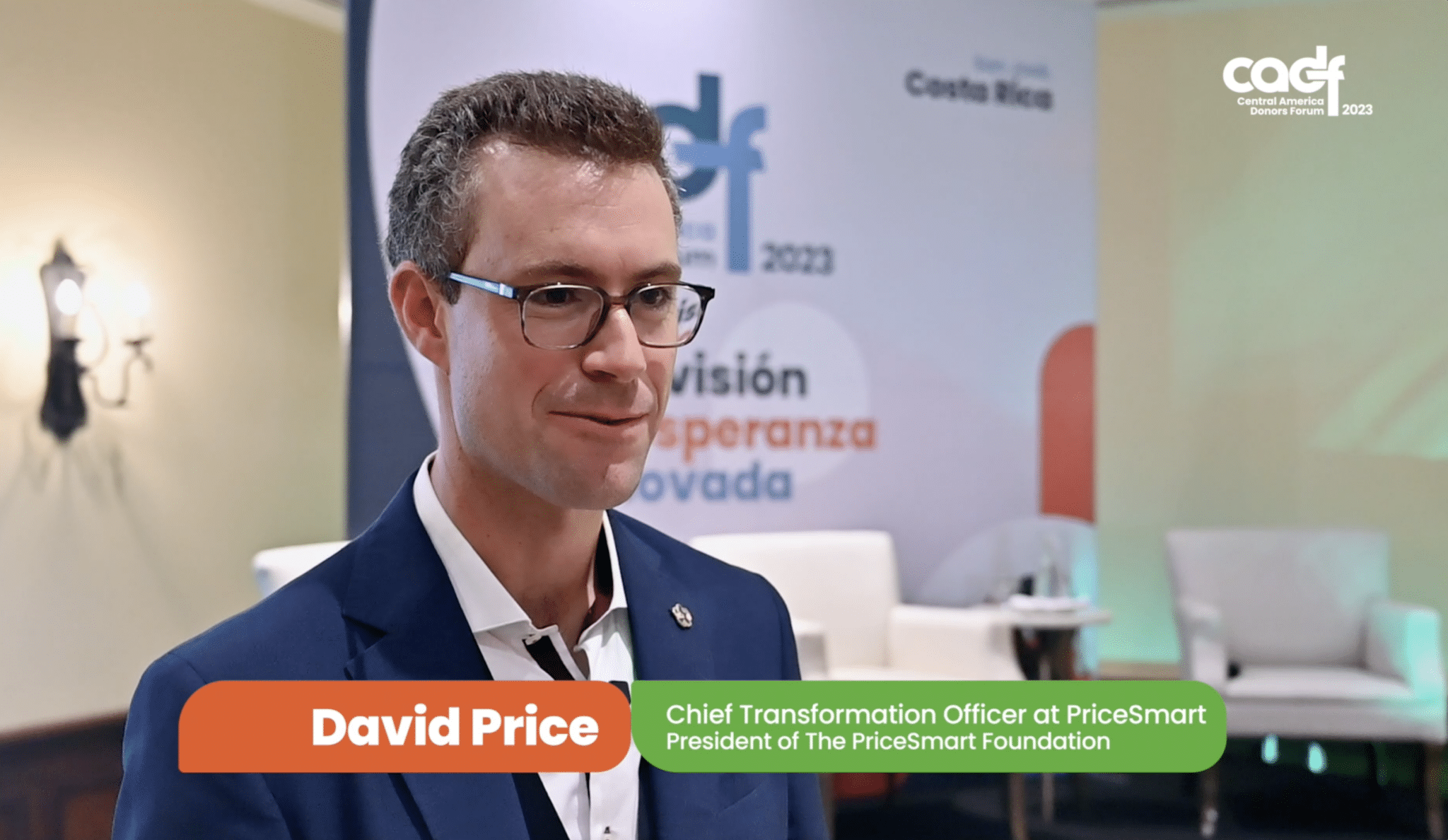

At CADF, “I get to learn from other funders, from implementers, and we also get to share about the things that we’re doing in the region. So, all around, it was a great decision to come,” said David Price, Chief Transformation Officer at PriceSmart and President of The PriceSmart Foundation.
Looking for a glimpse into the CADF experience?
Daily recaps and all of the interviews in this wrap-up report can be found using the link below.
View CADF 2023 videosLegal empowerment is a powerful strategy that seeks to put the law in the hands of the people both to meet the needs of their communities and to promote lasting social justice. This session explored the debate on access to legal knowledge and how people in Central America, notably within indigenous populations, lack the knowledge to seek out solutions to their legal challenges.
Speakers not only discussed legal empowerment as a concept, but gave examples as a tool to transcend political, economic, social and even linguistic gaps. Topics related to legal empowerment, such as gender-based violence, the right to healthcare, migration and labor rights were featured. Considering the scope of such issues, panelists noted that access to information and legal pathways is on method to bring about solutions to some of the most pressing issues facing Central American societies.

Tinker Foundation
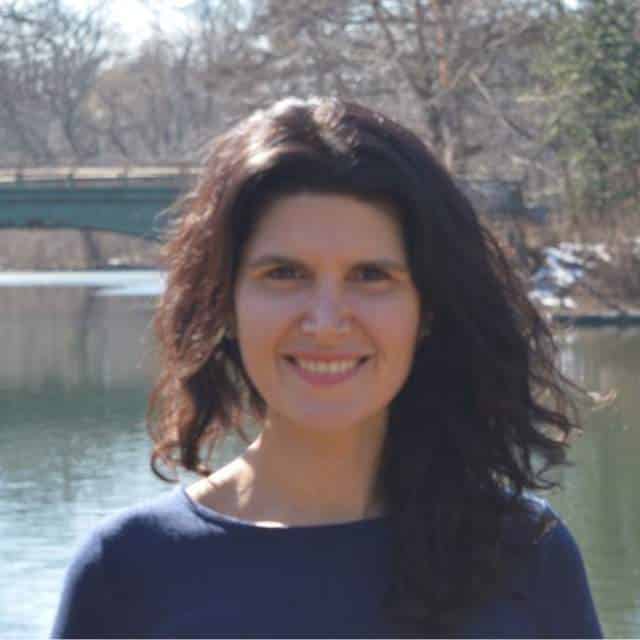
Grassroots Justice Network (Namati)
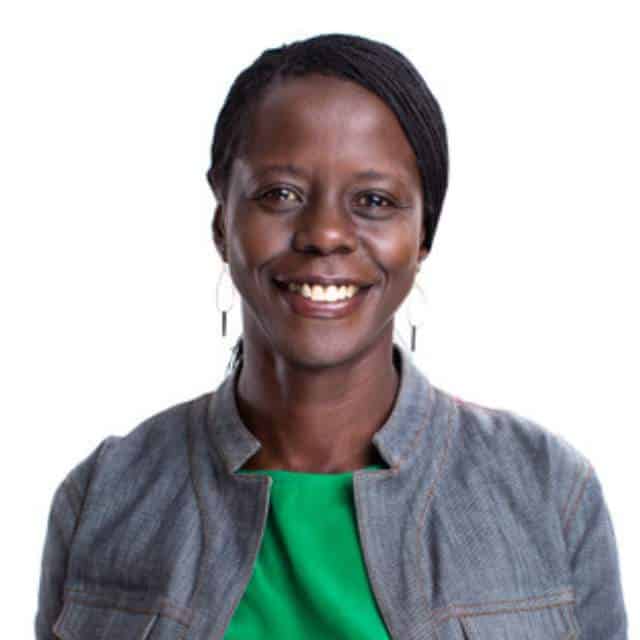
Fund for Global Human Rights
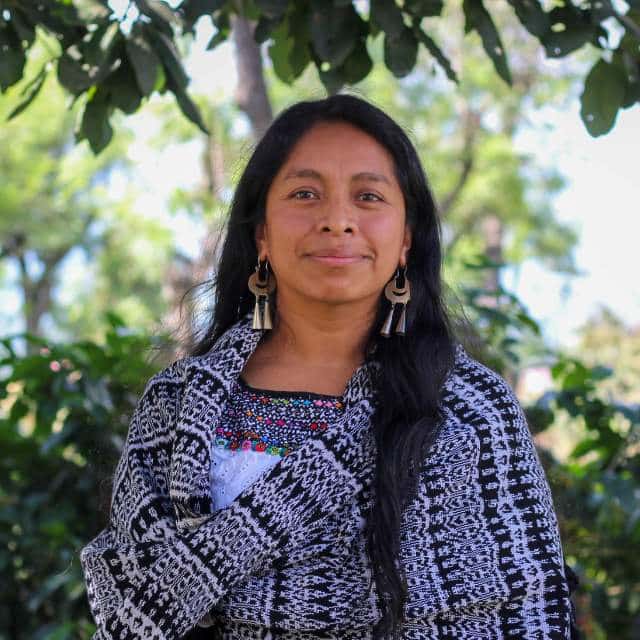
Women´s Justice Initiative
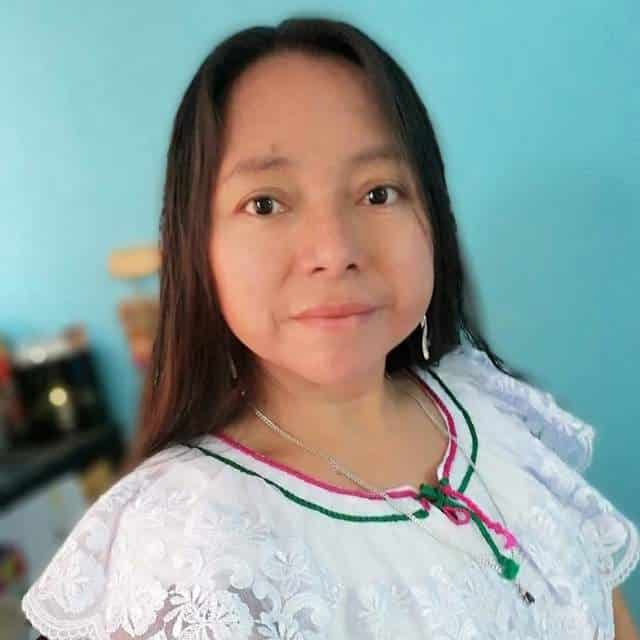
Centro de Estudios para la Equidad y Gobernanza en los Sistemas de Salud (CEGSS)
“Legal empowerment functions as a socio-political strategy in which systems of justice can become more progressive.”
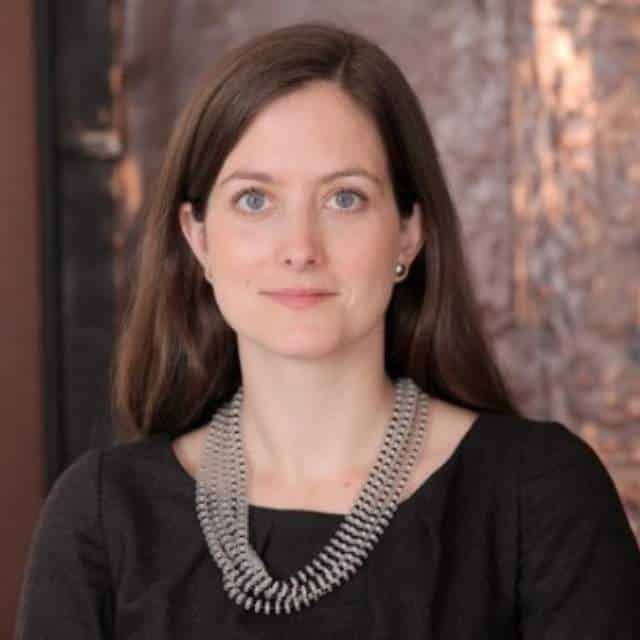
"It is vital to recognize that legal empowerment has a significant and positive impact on women and children."

“By making rights known to communities, people can use this knowledge to transform the system.”

“Legal empowerment allows for access to knowledge and the democratization of information.”

Legal empowerment enables people not only to solve challenges in their own way, but also to access justice systems with more authority.”

At CADF 2023, attendees used the Sustainable Development Goals (SDGs) to navigate networking opportunities, as well as meet potential partners and allies.
Check out which SDGs attendees are most working towards below:
Censorship is often an outcome that manifests prior to imprisonment or physical violence, and it has a profound impact on society as a whole.
Speakers in this session reflected on the freedom of expression and the types of censorship Central America is experiencing today in art, activism and journalism. From judicial persecution in Guatemala to digital militias in El Salvador, censors operate to inhibit conversation and public criticism. The region is experiencing common strategies of censorship, including the concentration of power, imprisonment, restructuring of elites and the criminalization of social voices.
Censorship is a challenge requiring collective solutions via local, regional and global networks.

El Faro

Instituto 25A
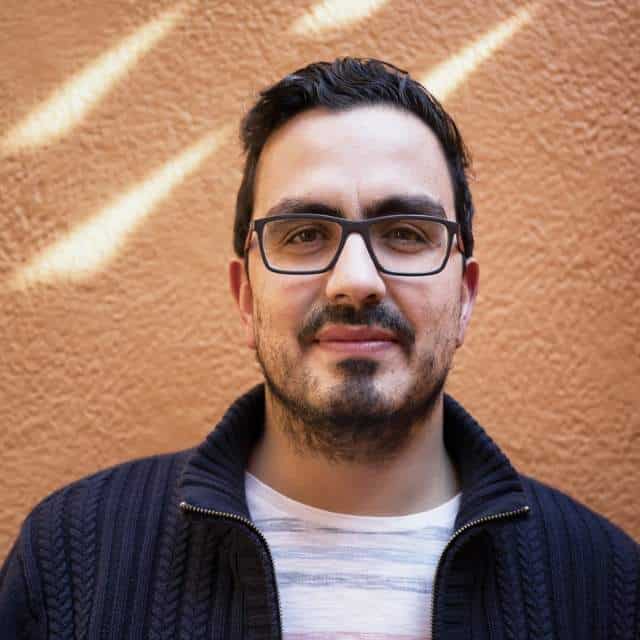
Article 19
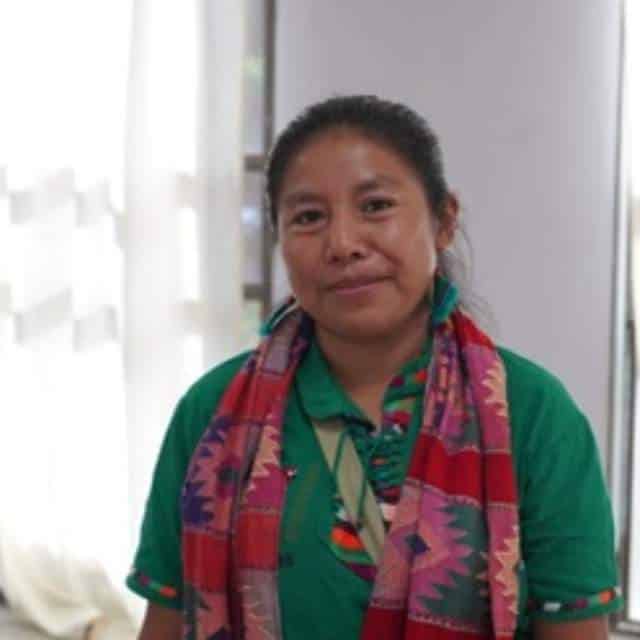
Association of Indigenous Lenca Communities of La Paz, Honduras
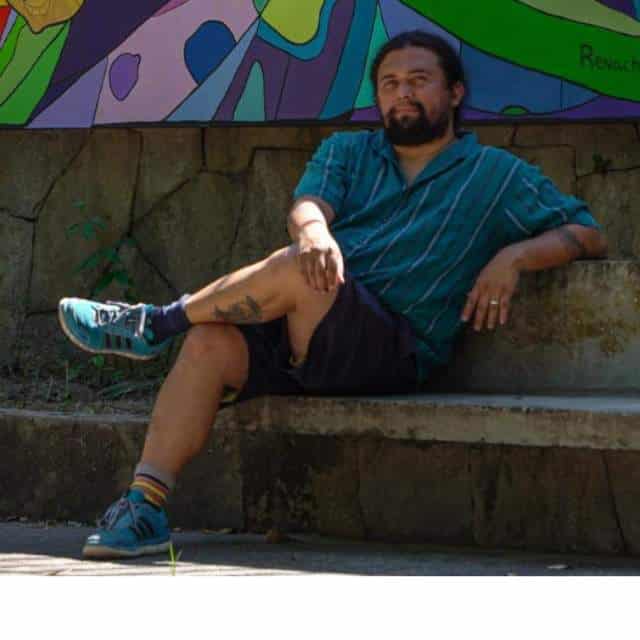
Independent Artist
"The state of politics in El Salvador is like an intelligent virus capable of mutating in the face of alternatives. It generates methods to survive, adapt and go elsewhere. I believe it learned this from the gangs."

"What does censorship give us? It gives us much to reflect on as countries, as organizations and as social commentators that we must unite. We must not let the political media systems divide us."

"The freedom of expression, which I link with the freedom of organization and all of the civil and political rights with which to raise our voices, allows us to come together to denounce what is happening."

"We are at the point of changing everything or losing everything."

"We must recognize journalism and social activism as a social function, as a public good and not as a weapon of psychological or propagandistic warfare. Journalism that speaks to the people and constitutes a counter-power is, above all, journalism that listens."

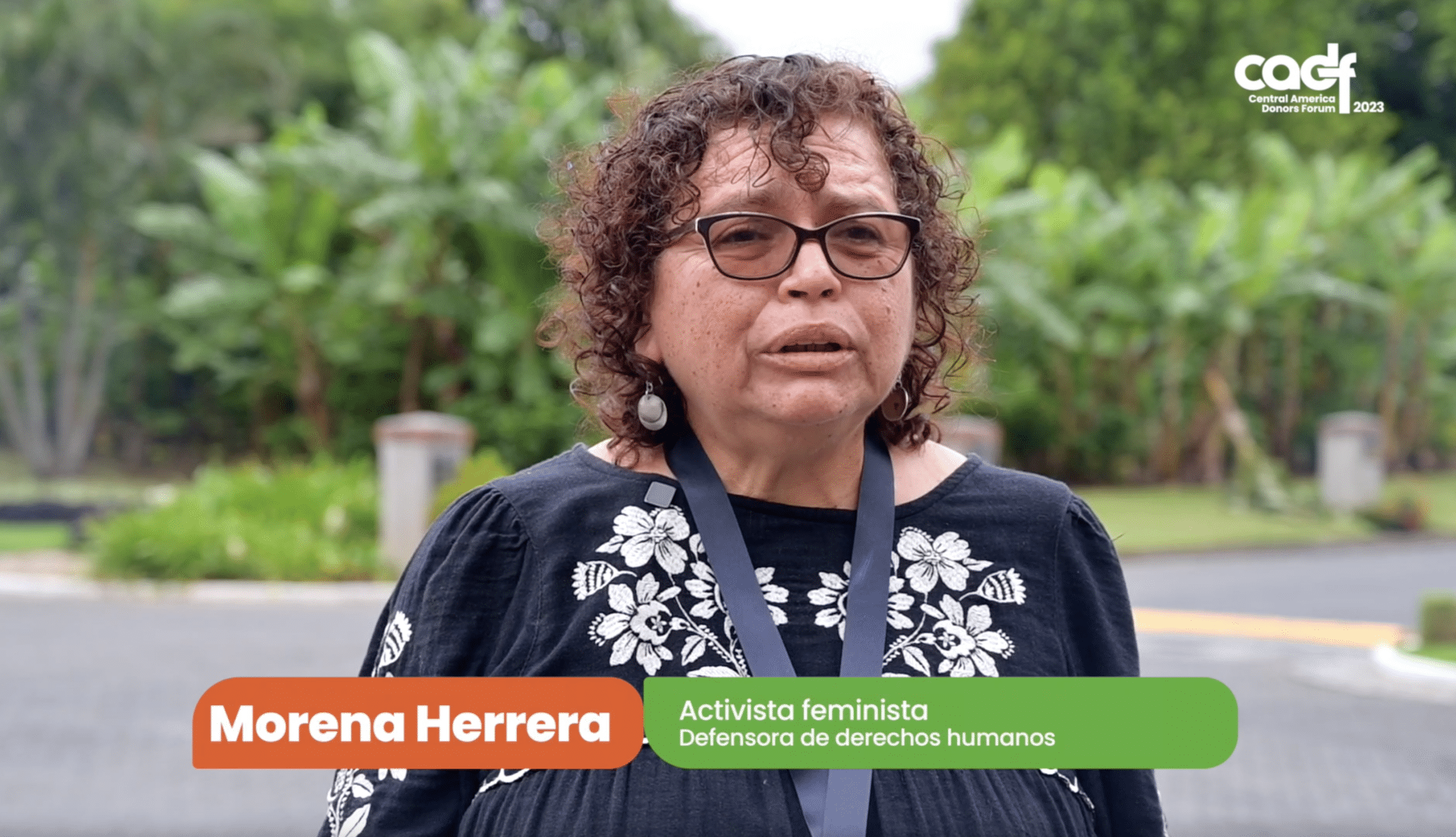

Morena Herrera, feminist activist in El Salvador, highlighted that in CADF 2023 she discussed how in Central America, some governments “have been transforming us into an authoritarian enclave.” Morena further discussed the need to “find the key to enforcing human rights, overcoming social inequalities, and recognizing that the defense of rights for women, girls and adolescents is an intrinsic part of the democratic agenda.”
In Central America, indigenous peoples, Afro-descendants and local communities are the most affected by the impacts of climate change due to their high levels of vulnerability. These communities are not responsible for global warming; rather, the territories they manage are already contributing to climate resilience, and are essential for a just, equitable and democratic transition thanks to their community governance systems.
Sadly, these governance systems are threatened by democratic decline and the deepening of extractivist development models that put these communities on the front line and undermine adaptation capacities in the region. This panel analyzed the factors that undermine climate resilience in the territories (Young Voices) of the Afro-descendant and indigenous peoples of the region who resist and build equitable, democratic and sustainable alternatives.
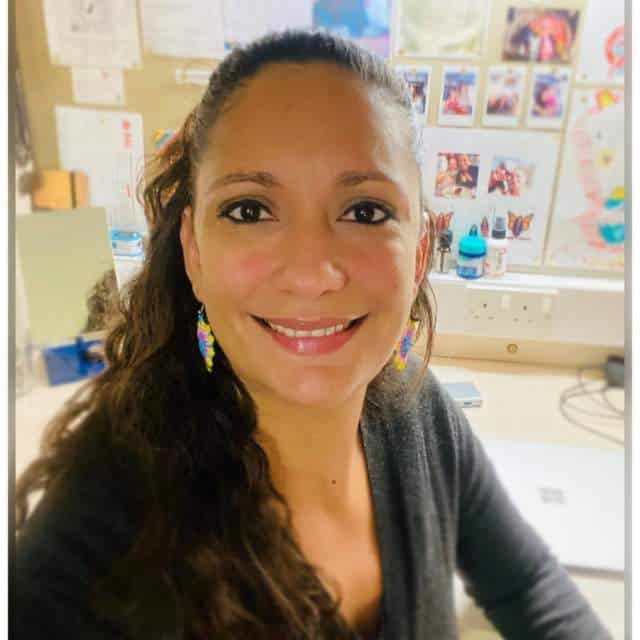
Open Society Foundations
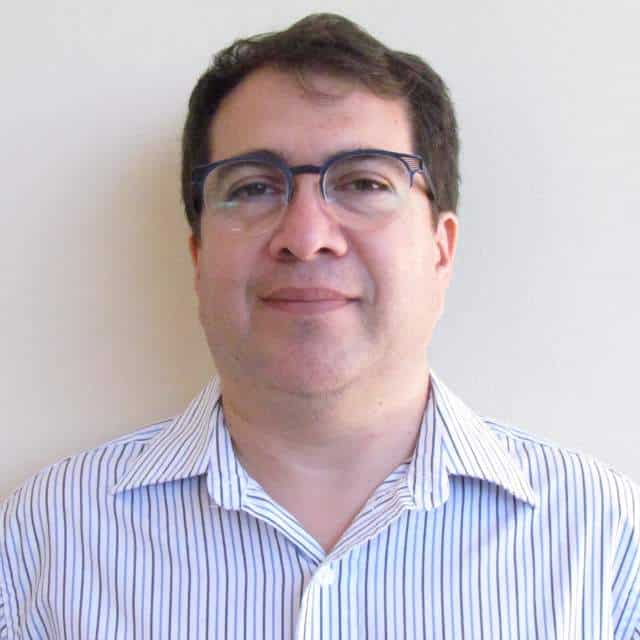
PRISMA Foundation
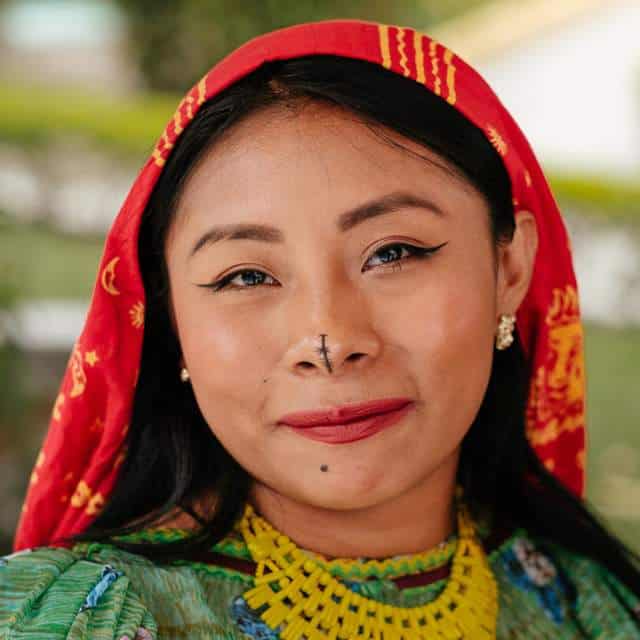
Mesoamerican Leadership School of the Mesoamerican Alliance of Peoples and Forests (AMPB)
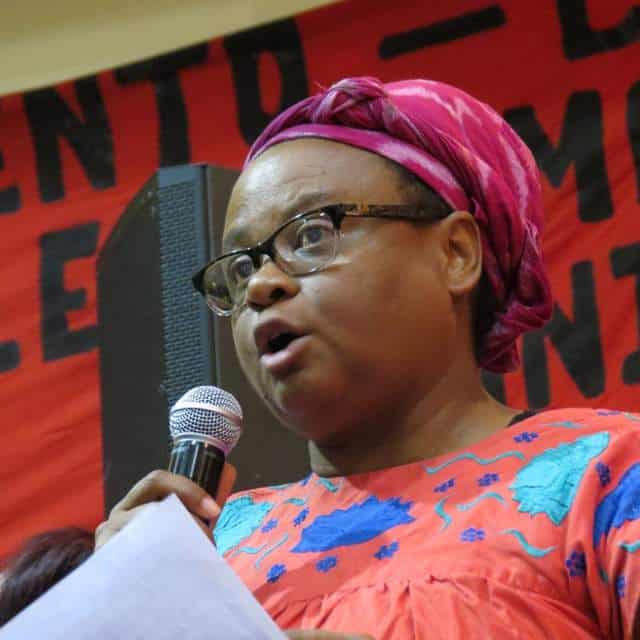
Black Fraternal Organization of Honduras (OFRANEH)
"We are seeking to confront extractivist models, which ultimately hasten the deteriorating effects of climate change."

"One of the first major contributions to climate justice in Central America has been the communities that are resisting business as usual."

"Training indigenous researchers is key for the development of increased and improved environmental studies and, in turn, for a real rapprochement to exist."

"I don't want them to help me. I want us to help each other."
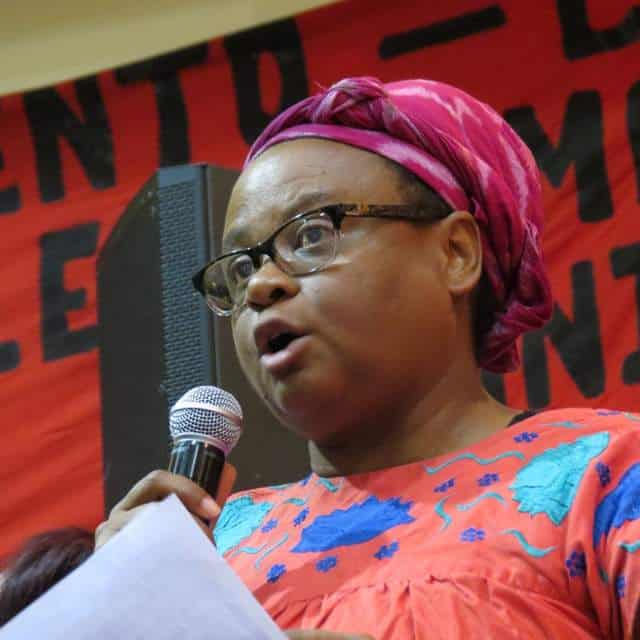
"Vallecito is a place where life is built. In Vallecito, we welcome everyone from Garifuna communities who have been displaced by climate change."

Local and regional media outlets covered CADF 2023 following the event's announcement and during the three days in San José, Cost Rica. Media coverage highlighted a range of topics discussed at the Forum, including the role of philanthropy in supporting Nicaraguan immigration and the challenges of independent journalism in the region.
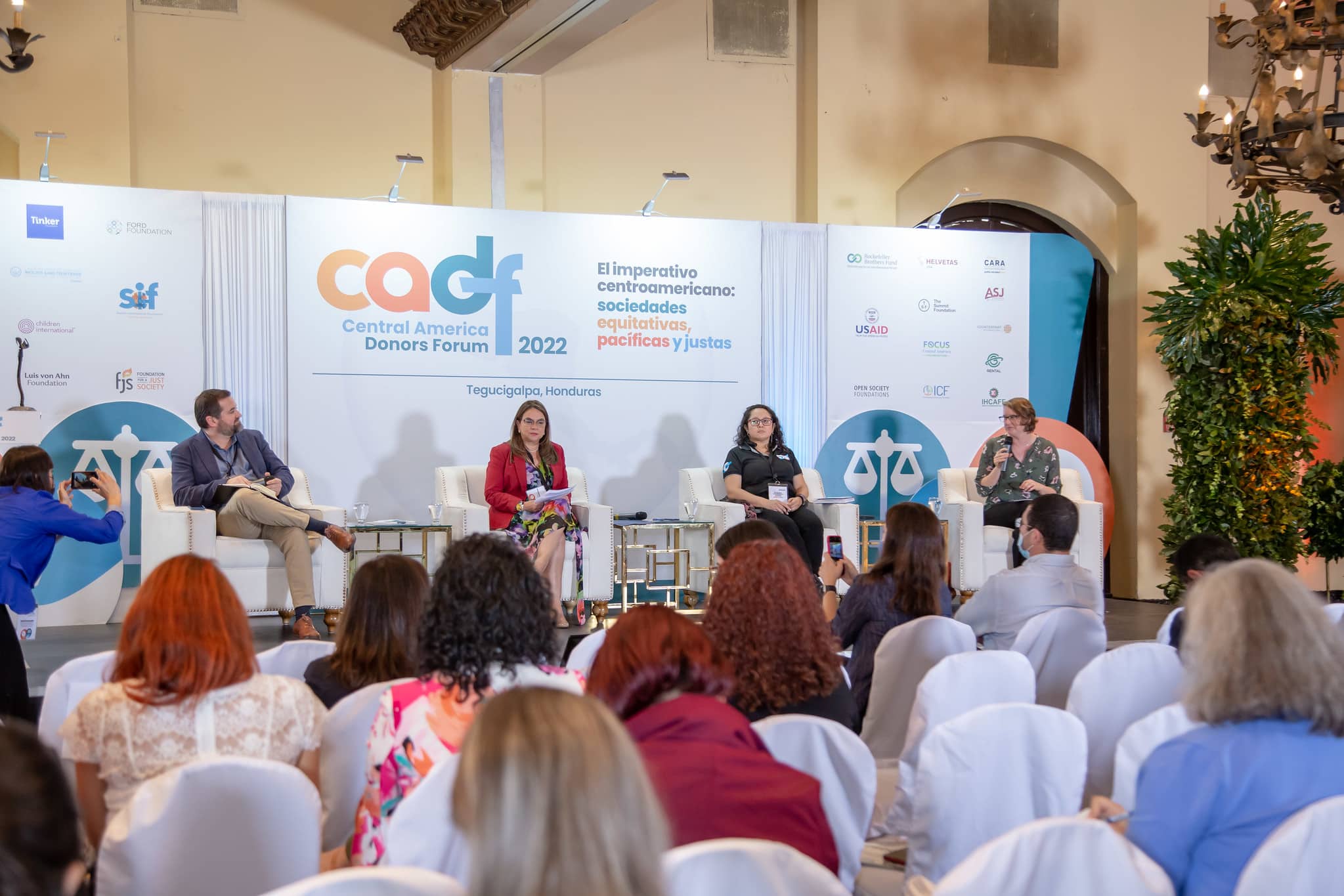
The Central America Donors Forum 2023 will take place in San José, Costa Rica
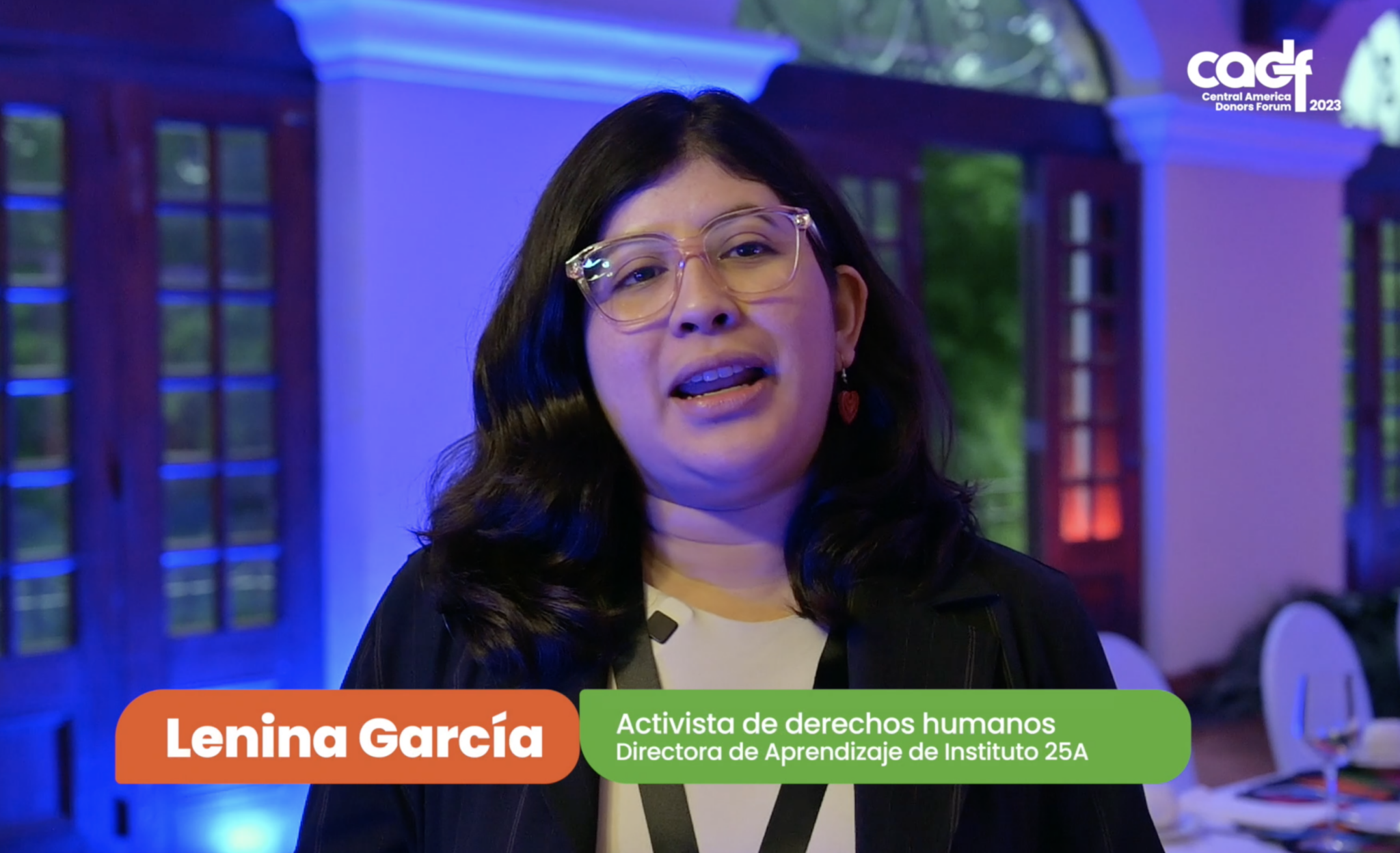

Lenina García, human rights activist, highlighted how she met others from Central America at CADF 2023 who work towards a variety of causes, and that “listening to them has filled me with courage and strength, and taught me that it is important to continue striving towards a democratic Central America as we strengthen networks of support, solidarity and care.”
Interested in participating in CADF 2024? Please reach out to Seattle International Foundation (SIF) to learn more.
Attend CADF 2024CADF 2024 announced

Sponsorship opportunities available

Theme and tracks released

Request for session proposals begins

Honorary Host Committee announced

Request for session proposals closes

Agenda released

CADF 2024
